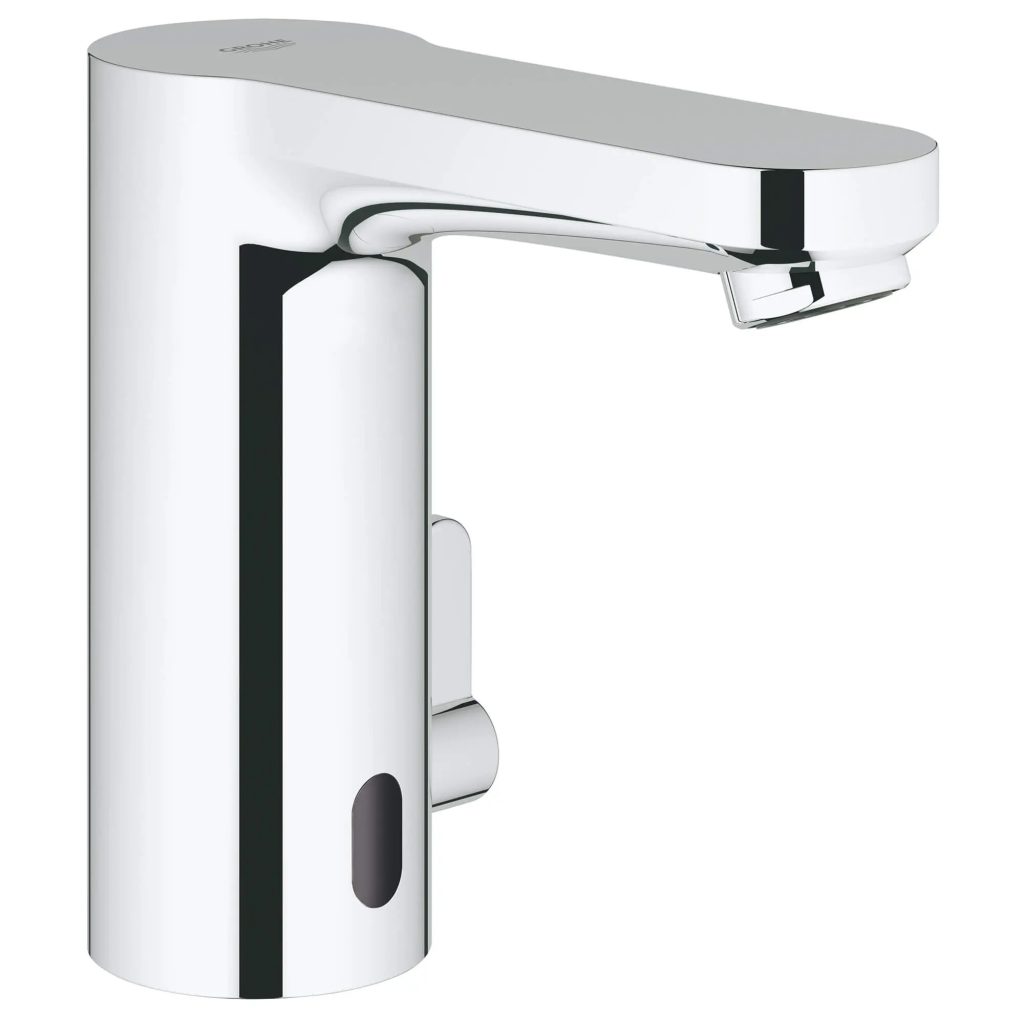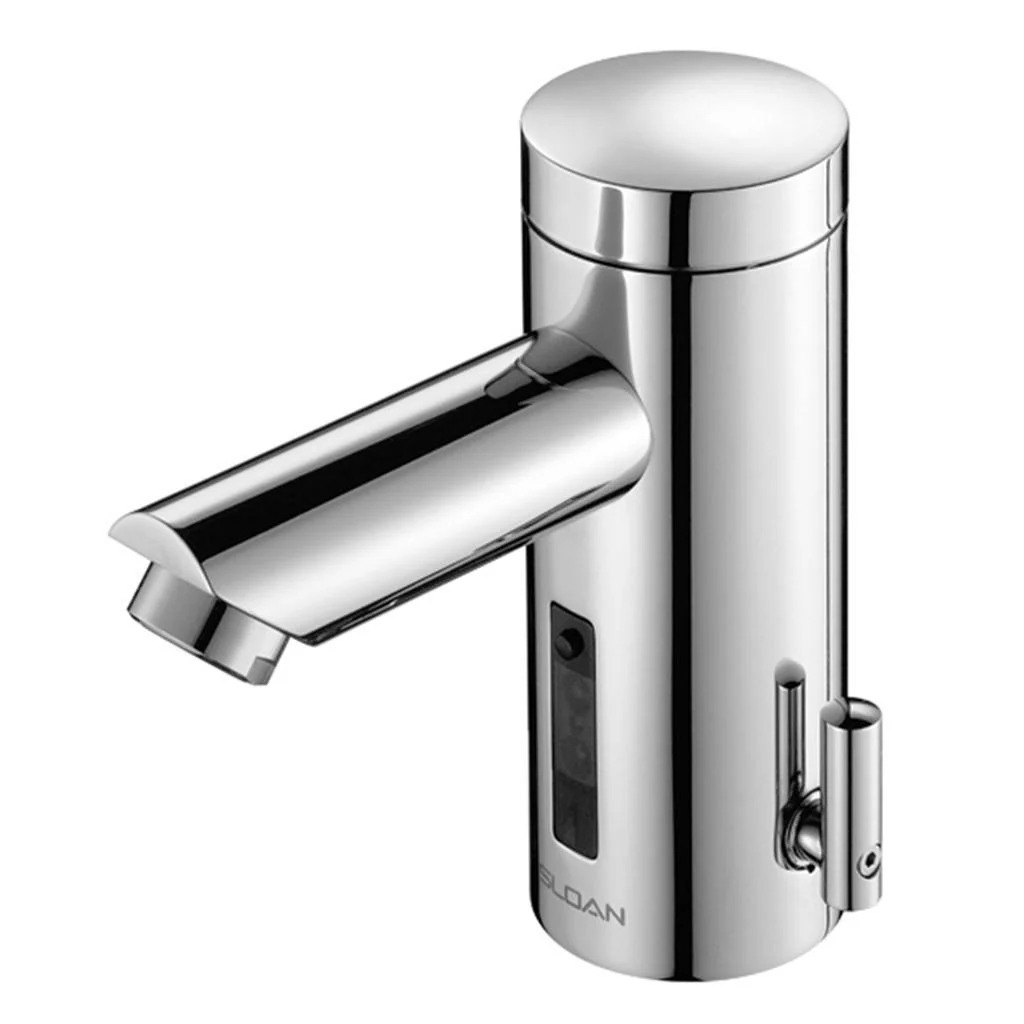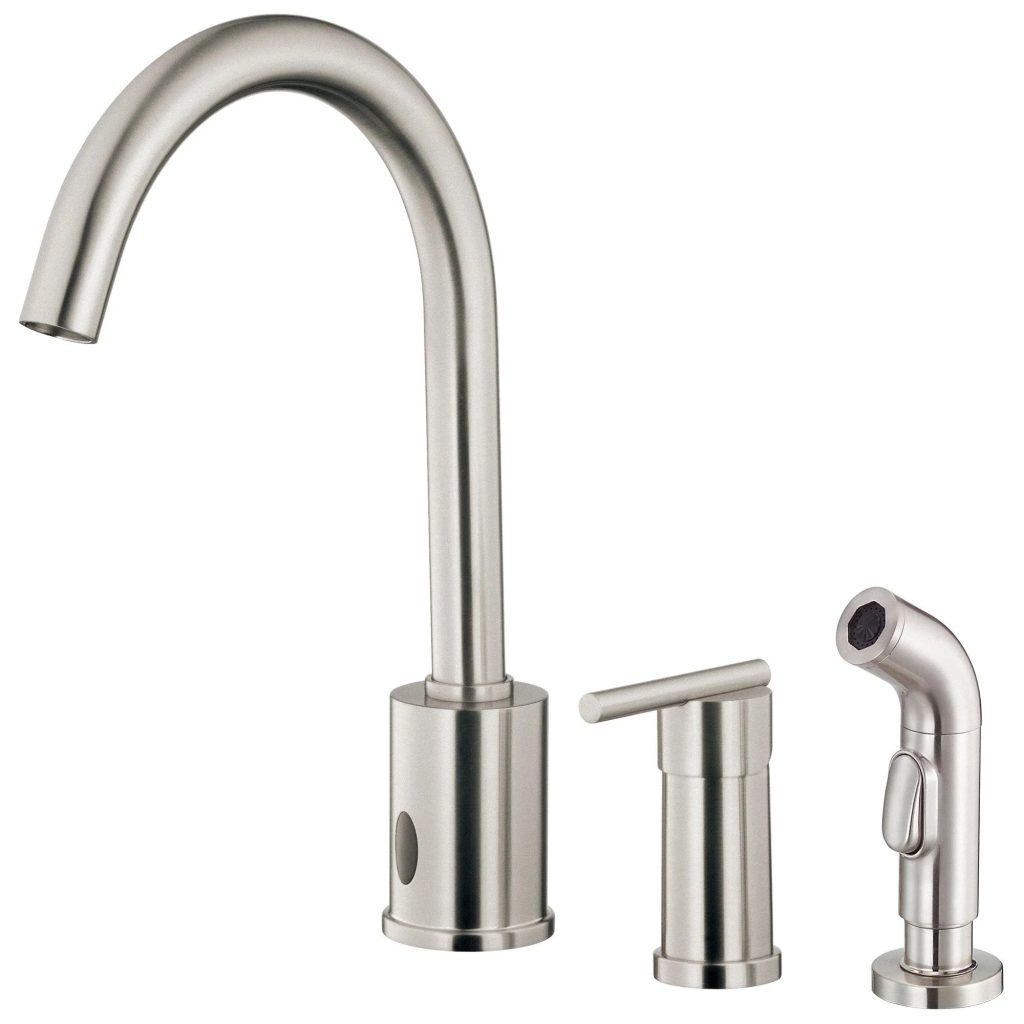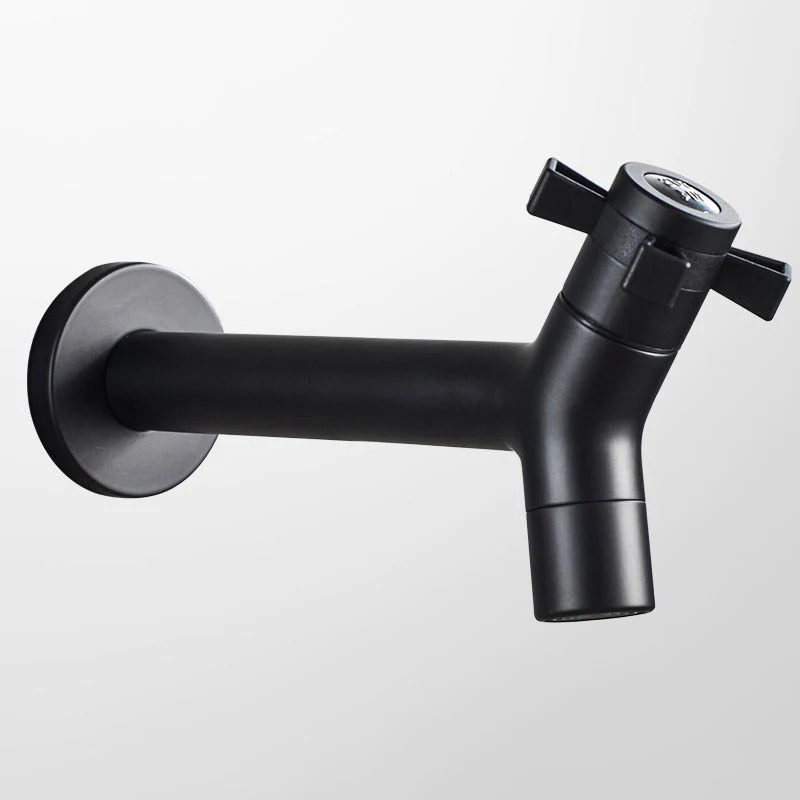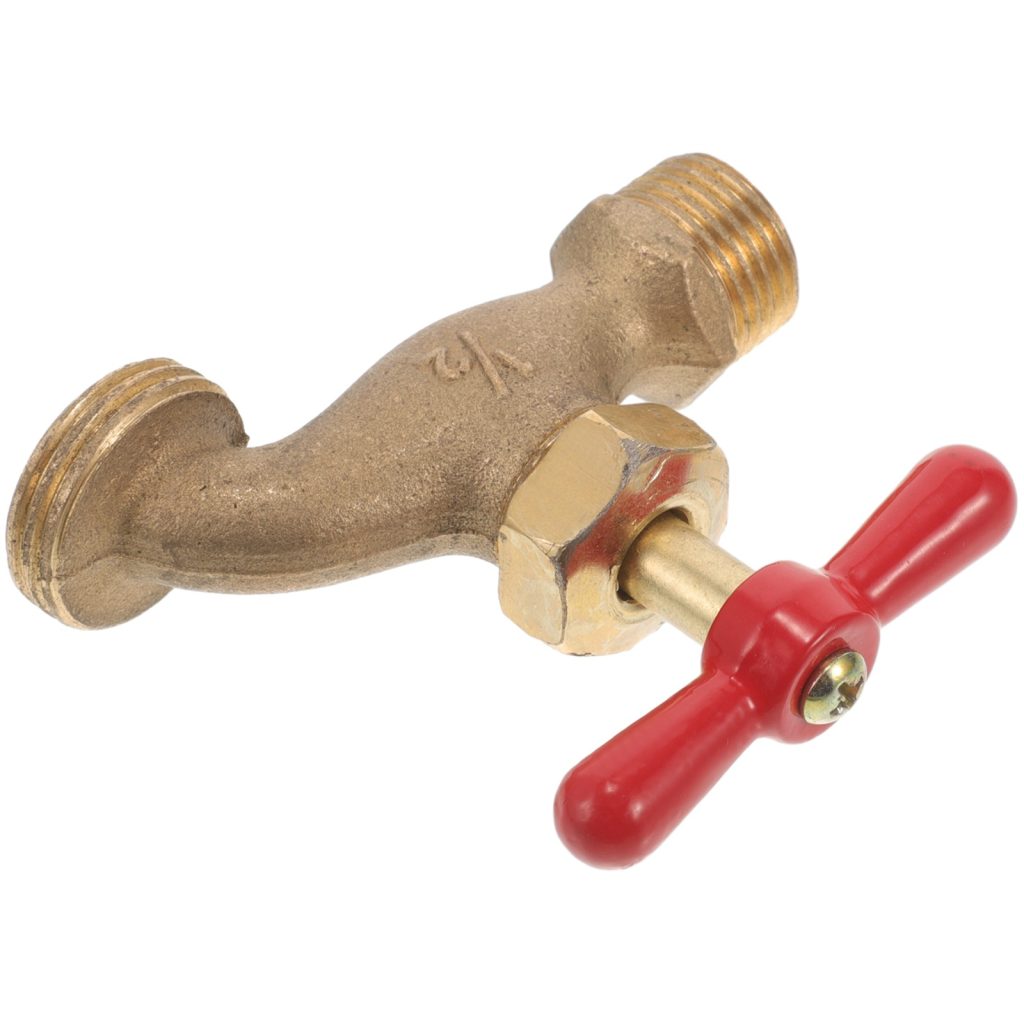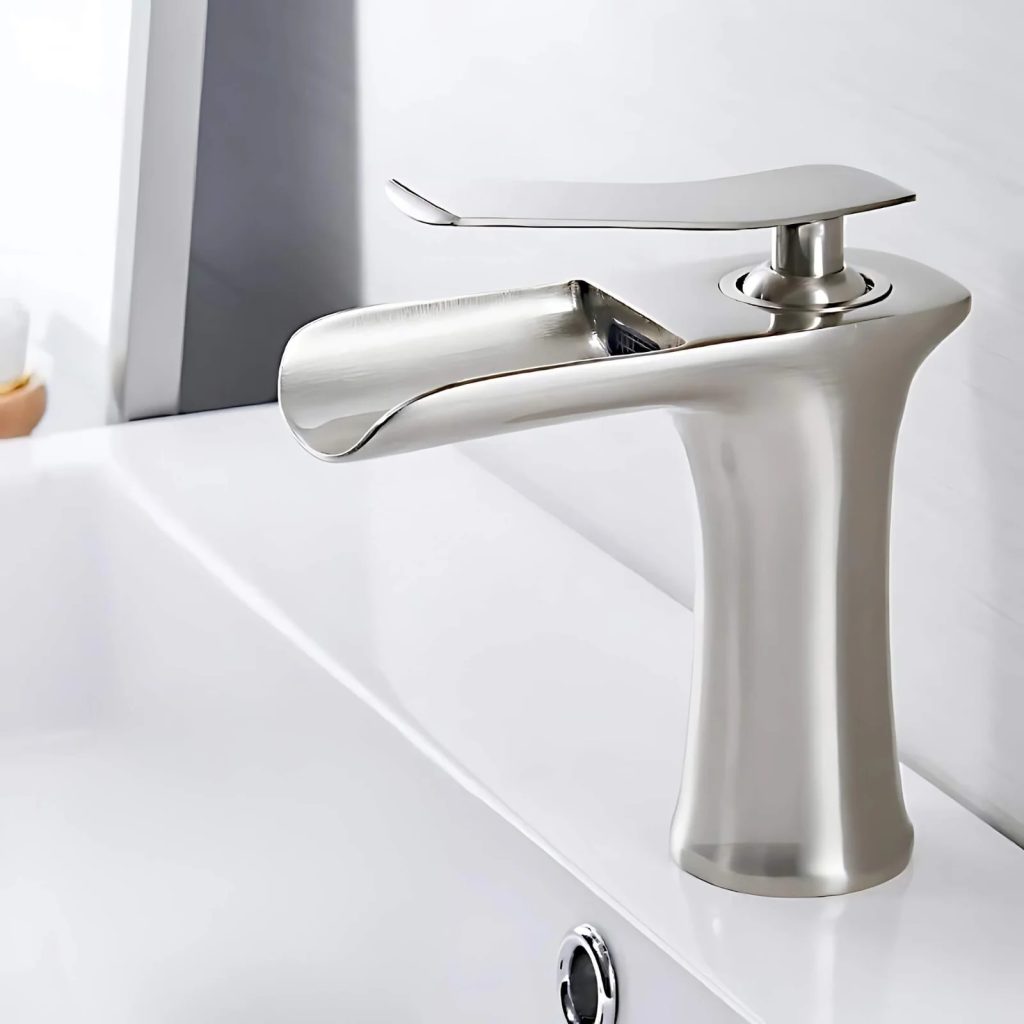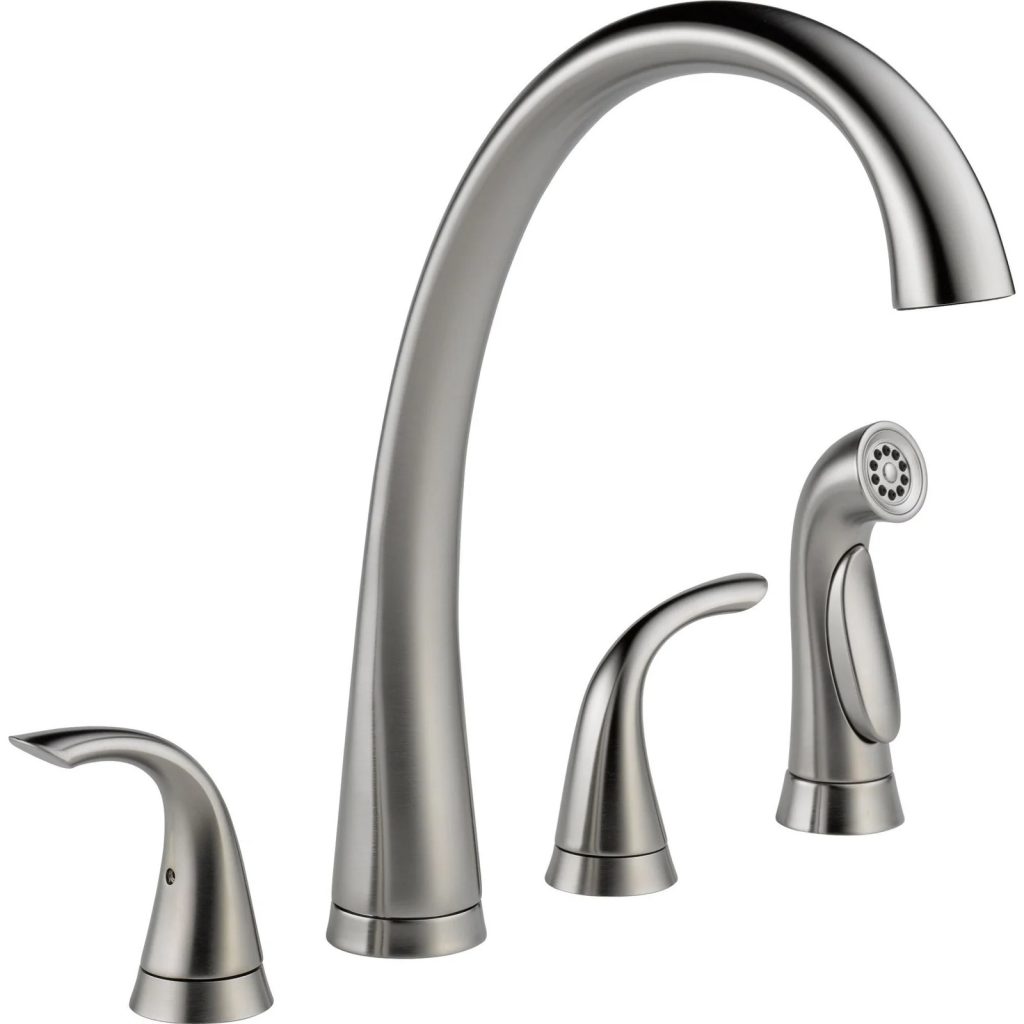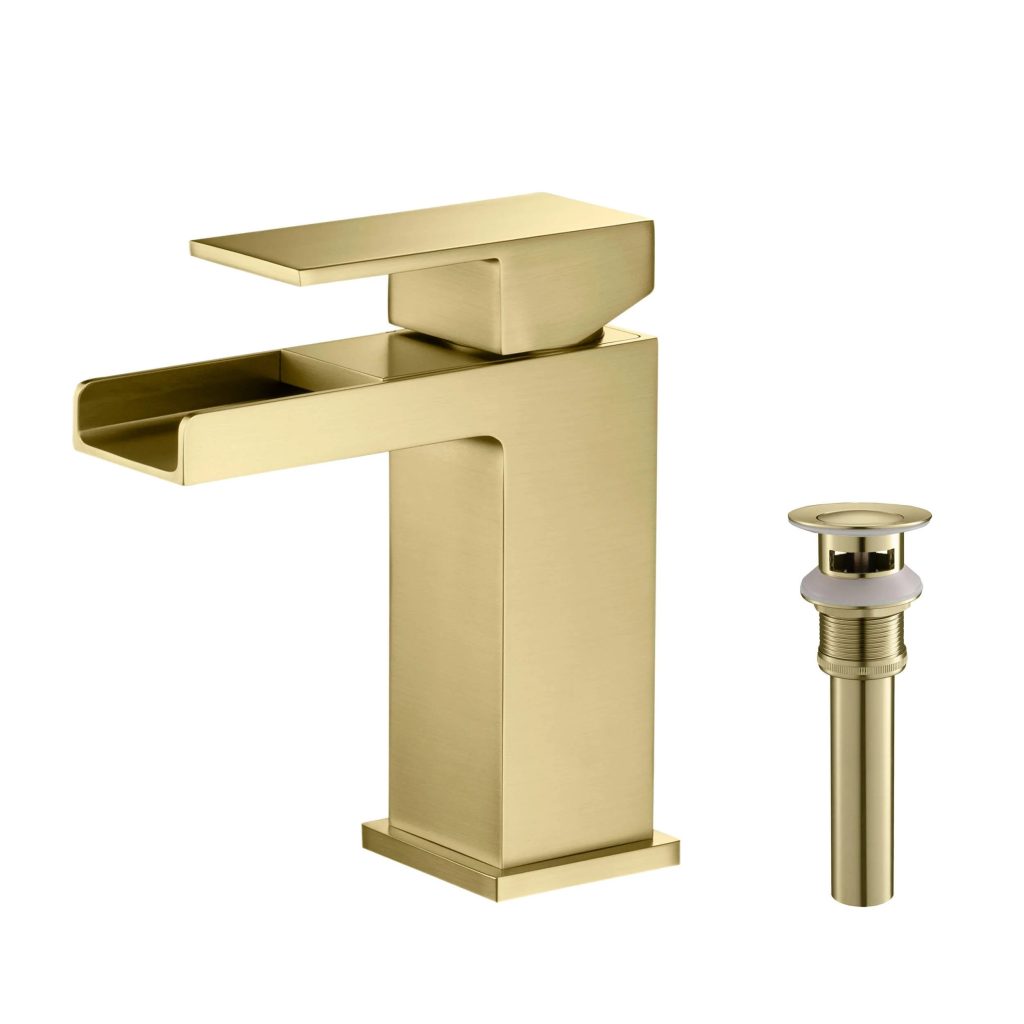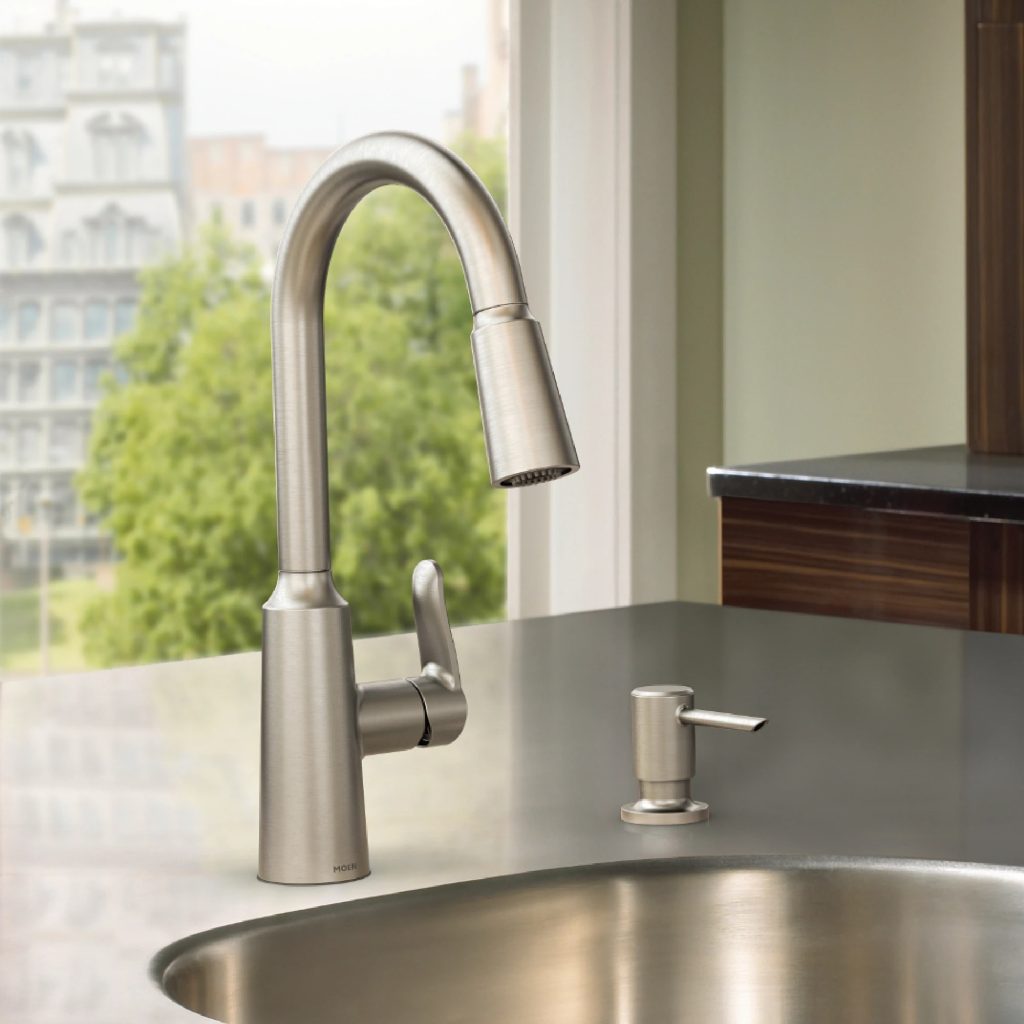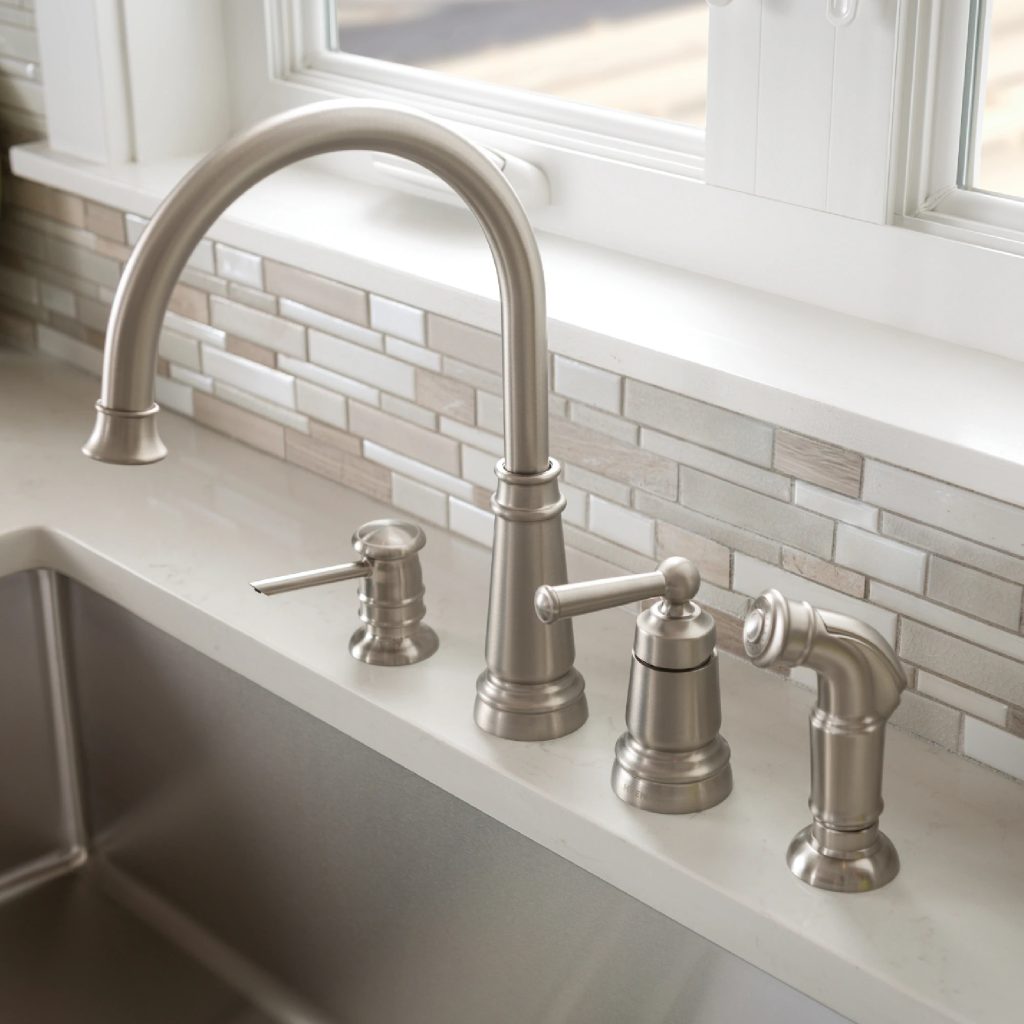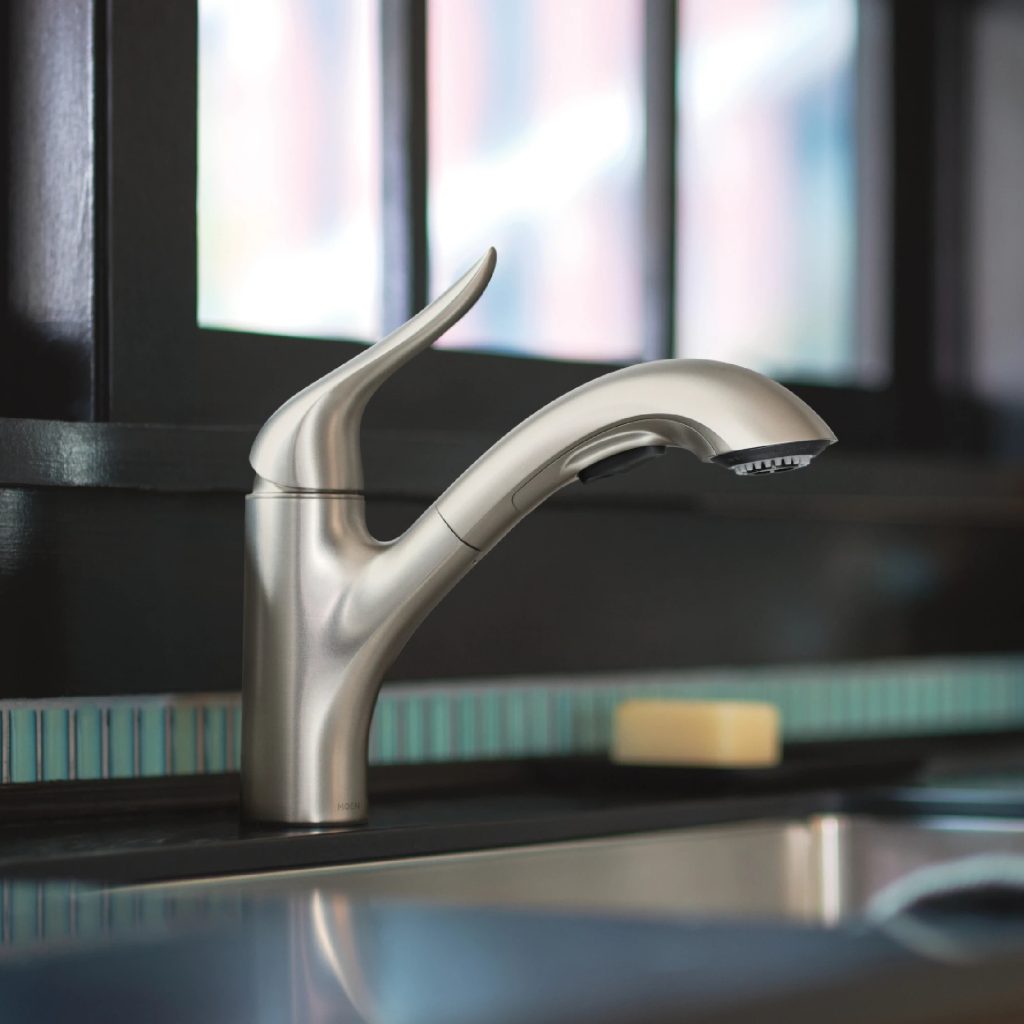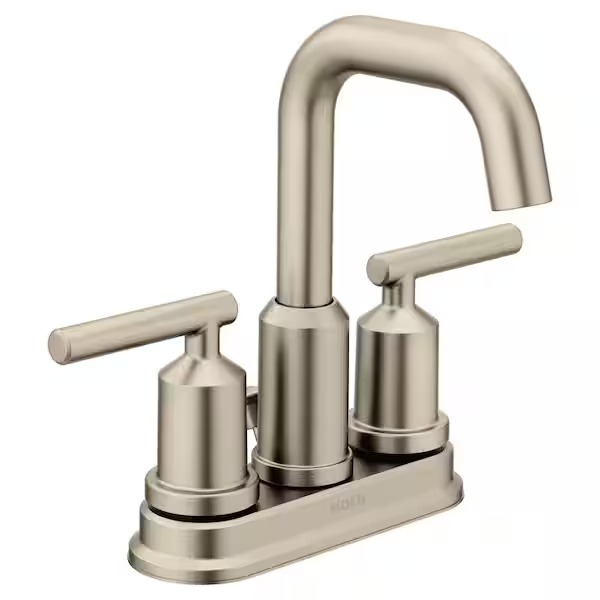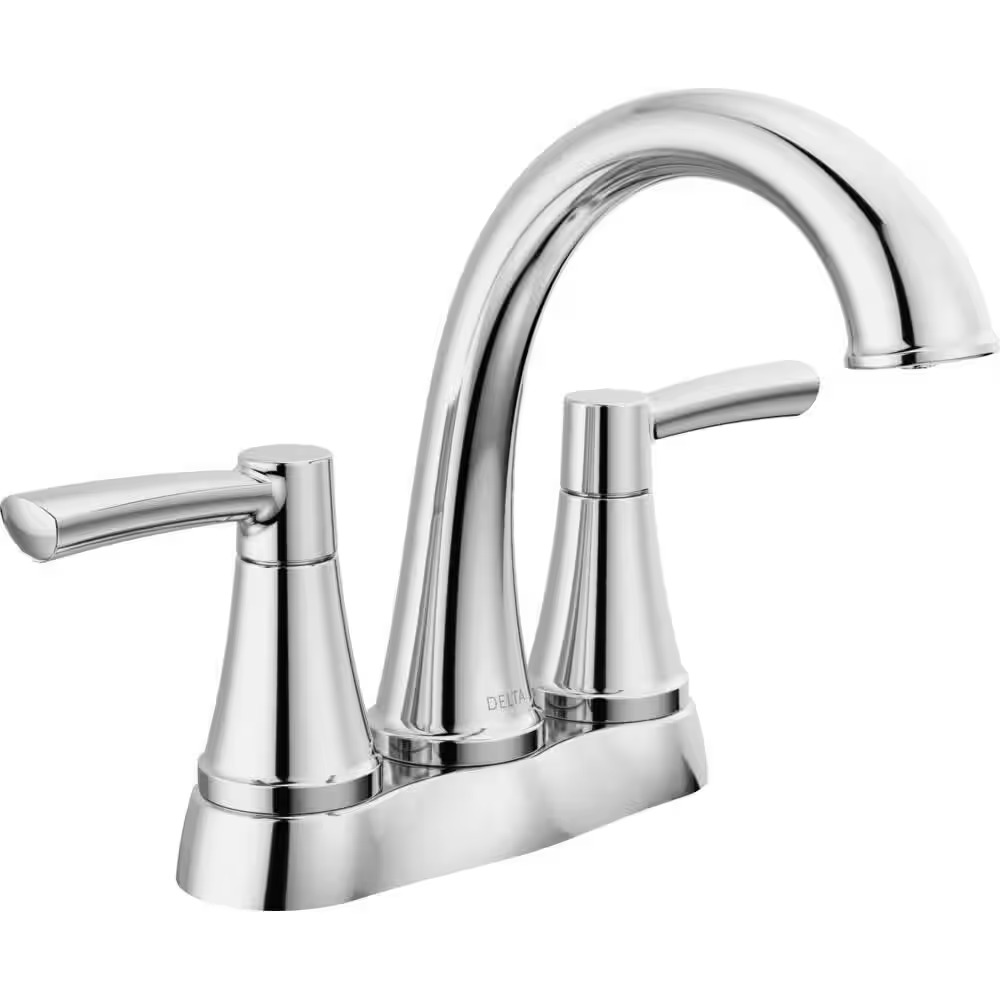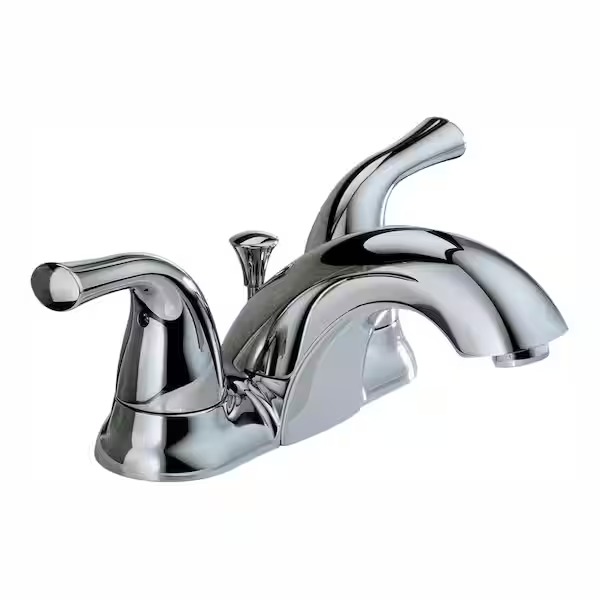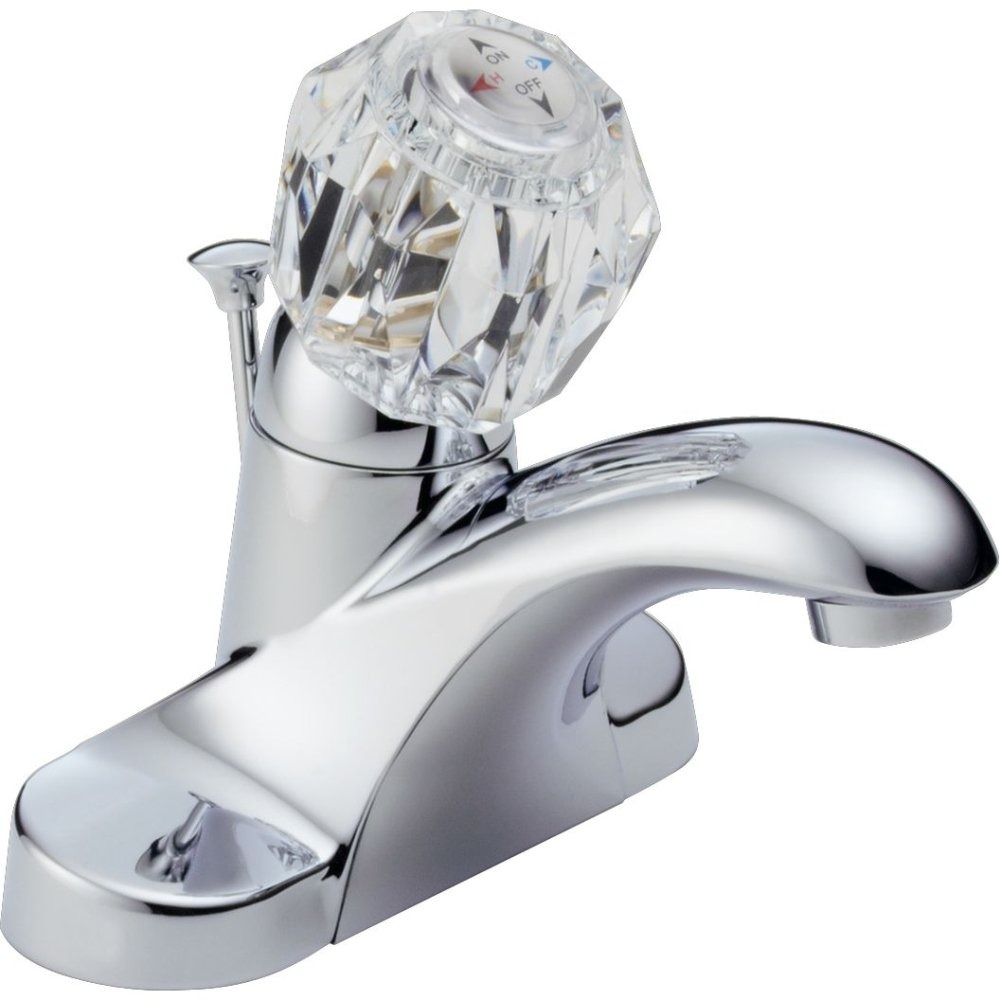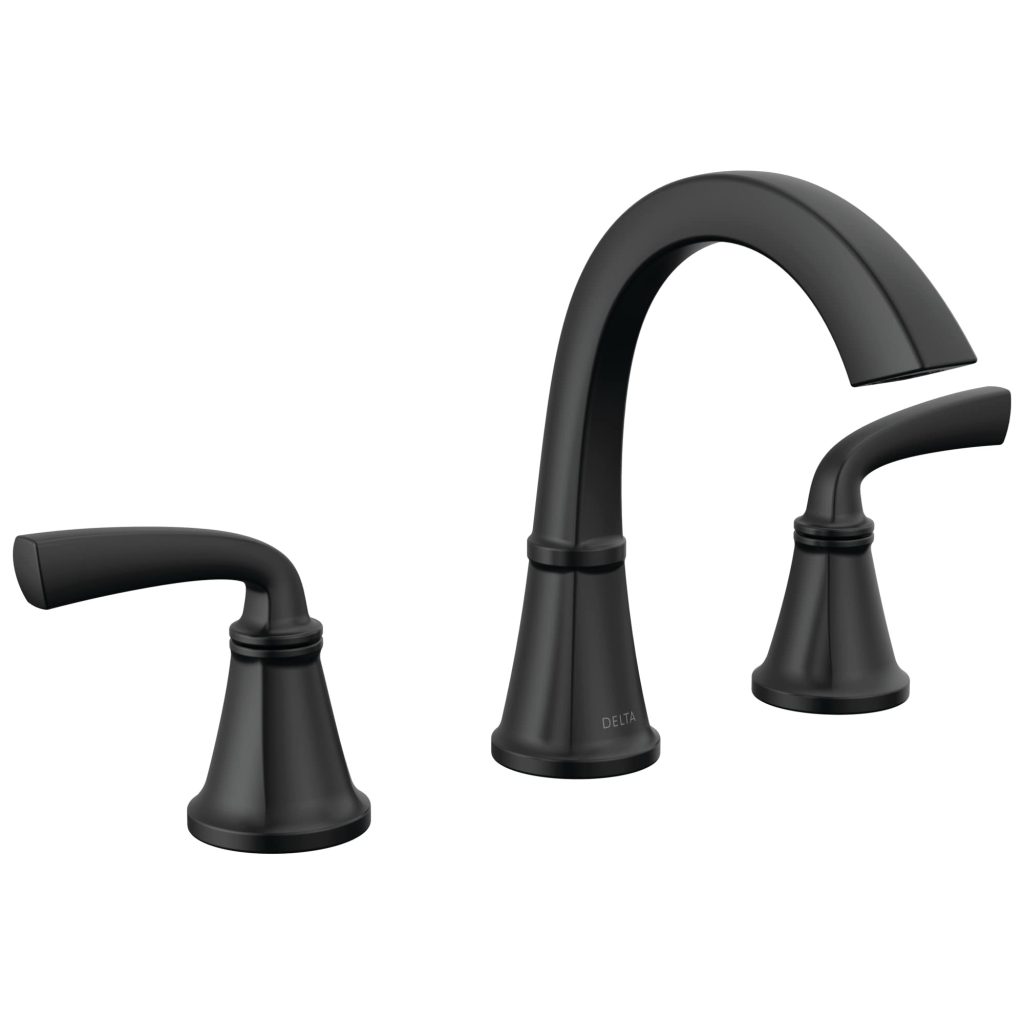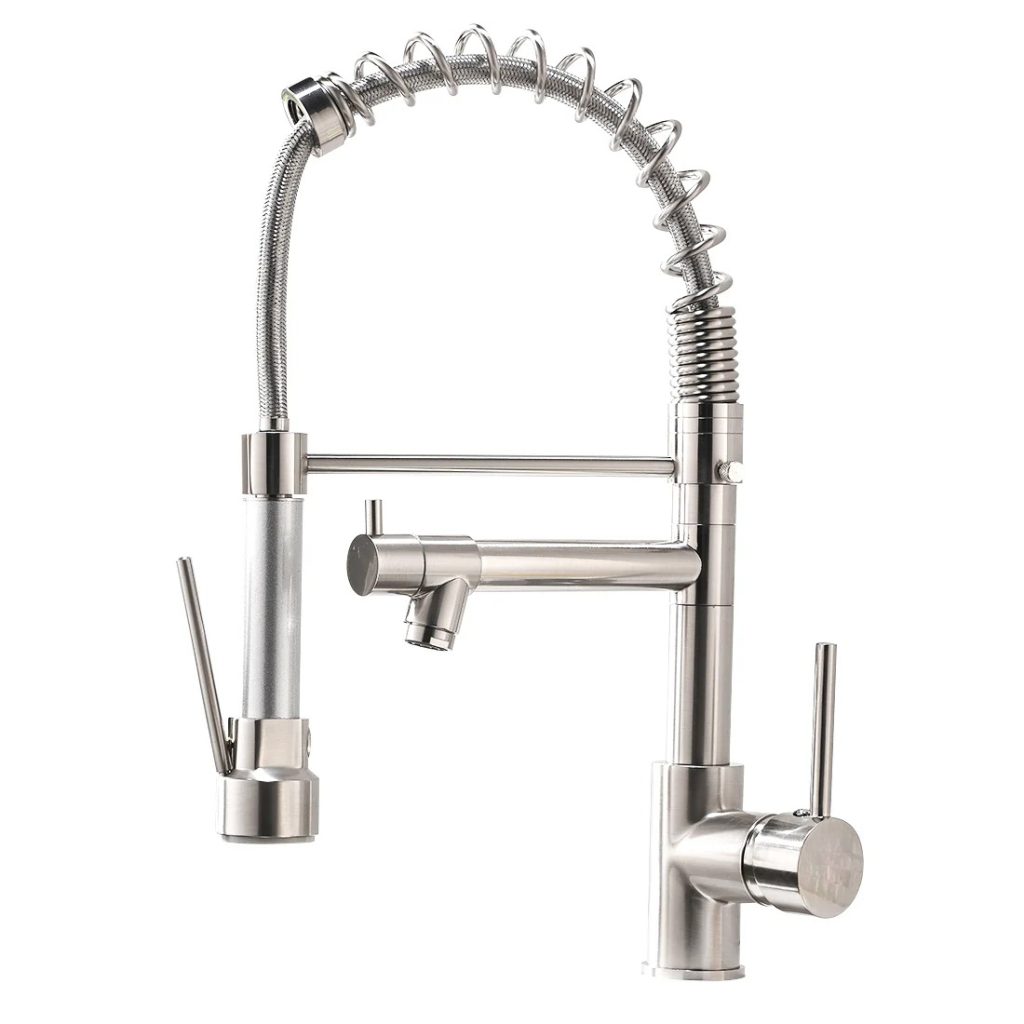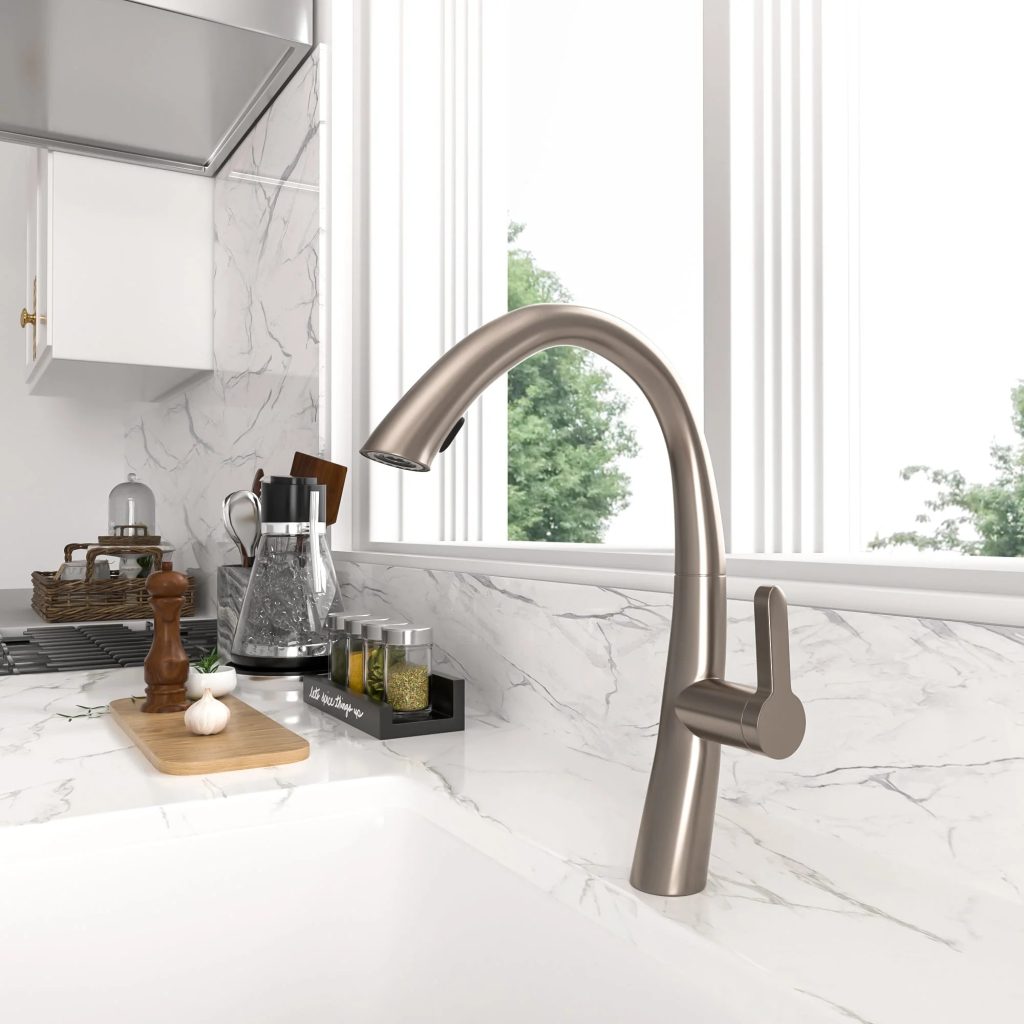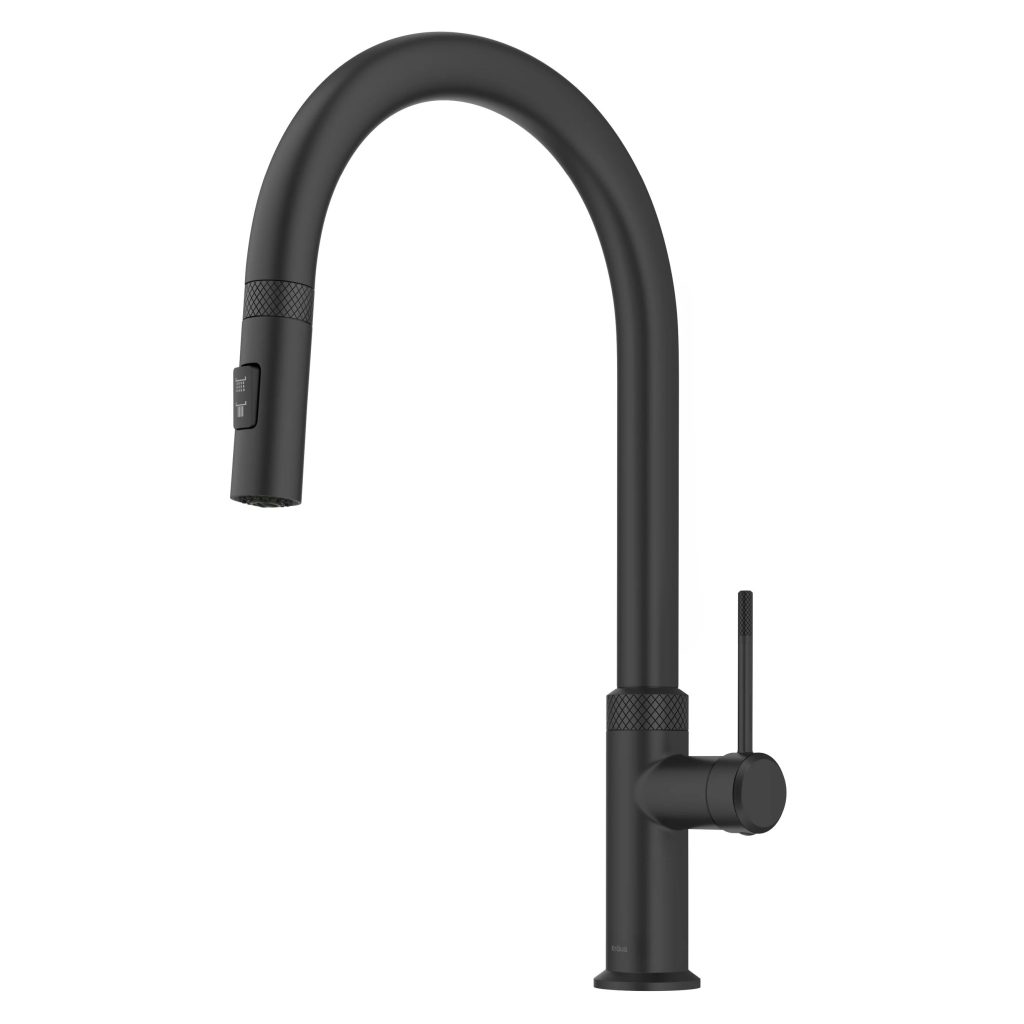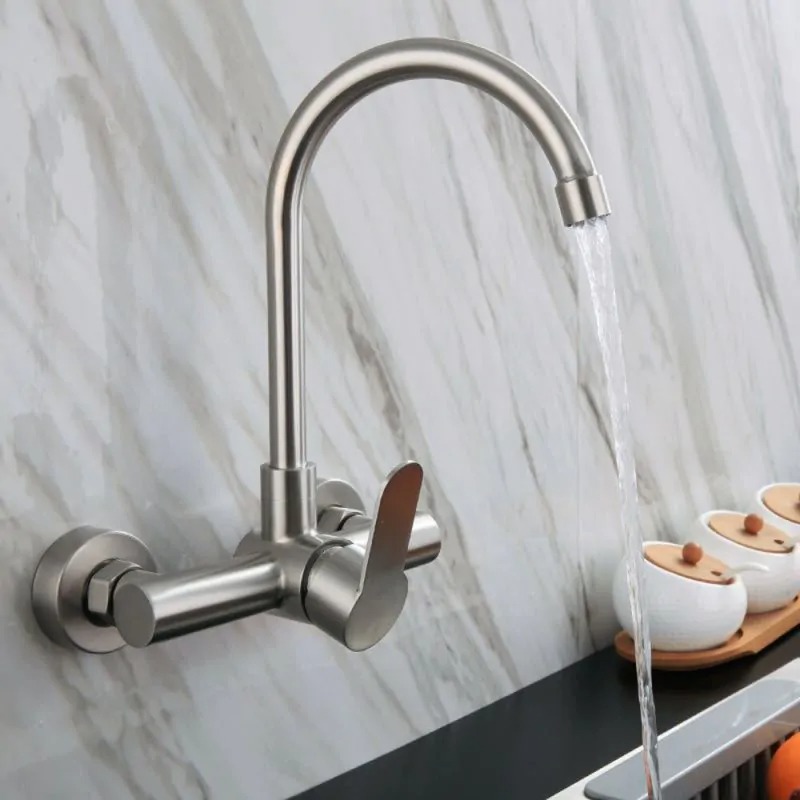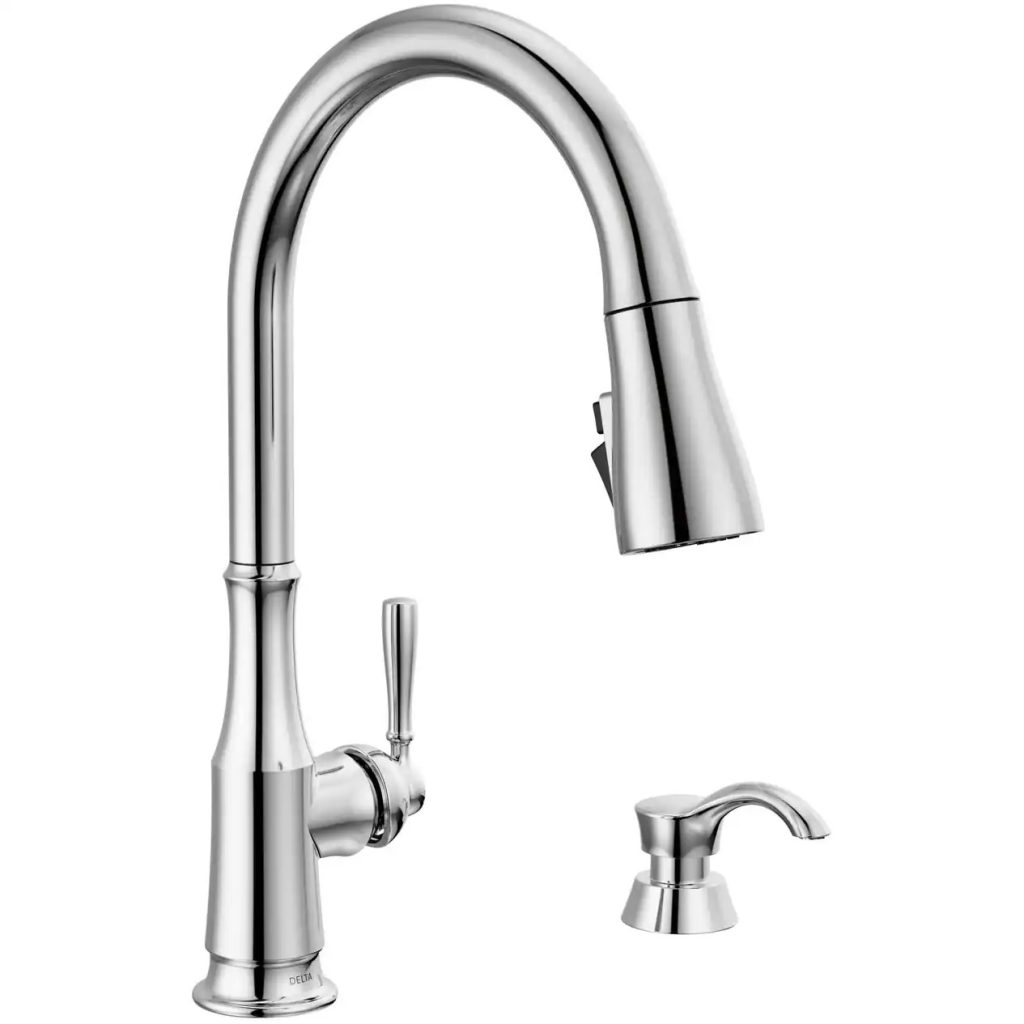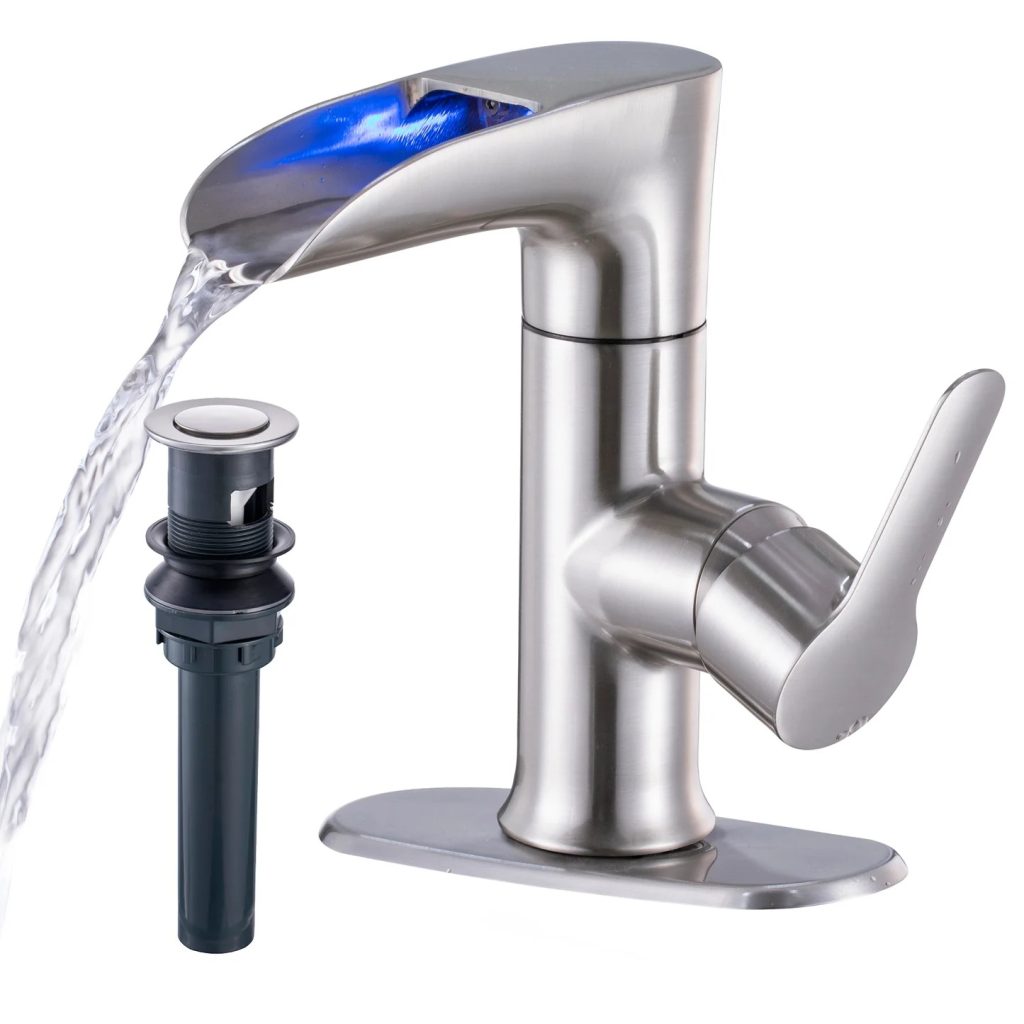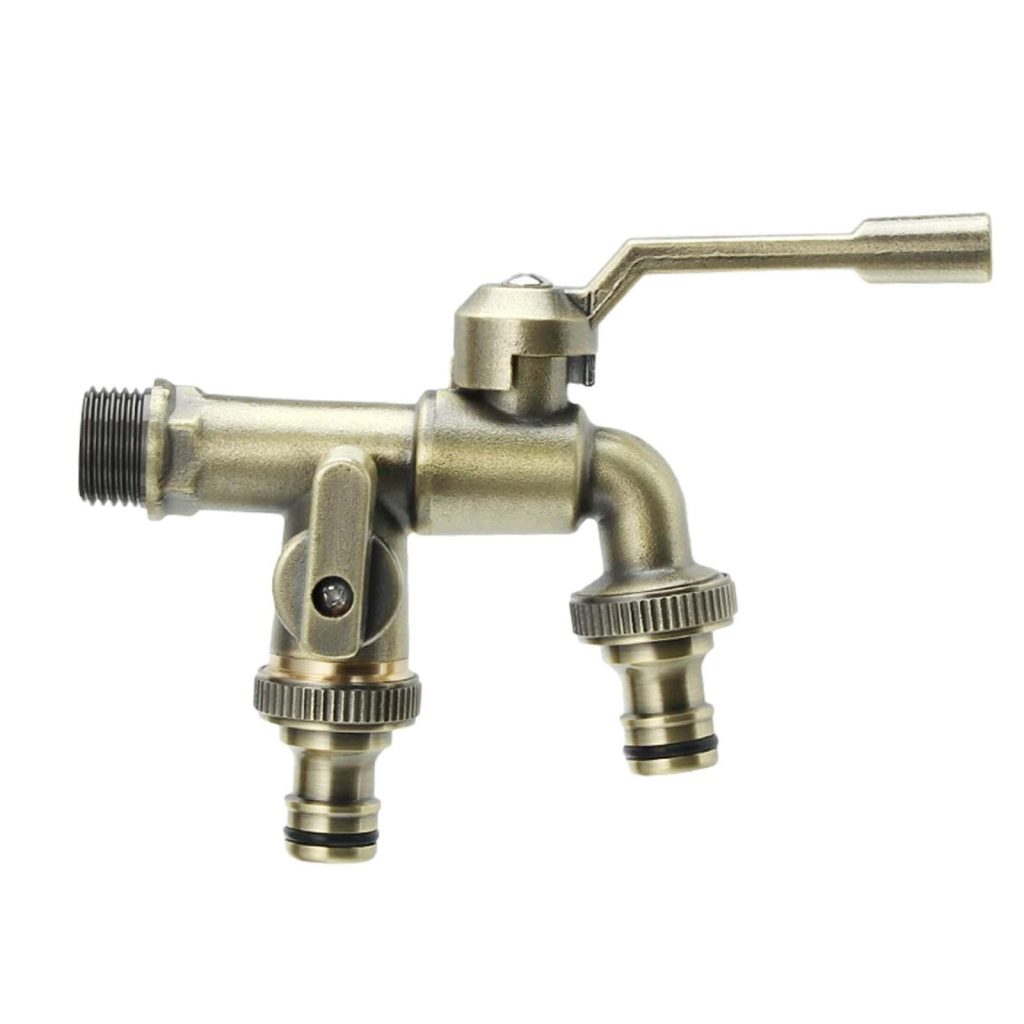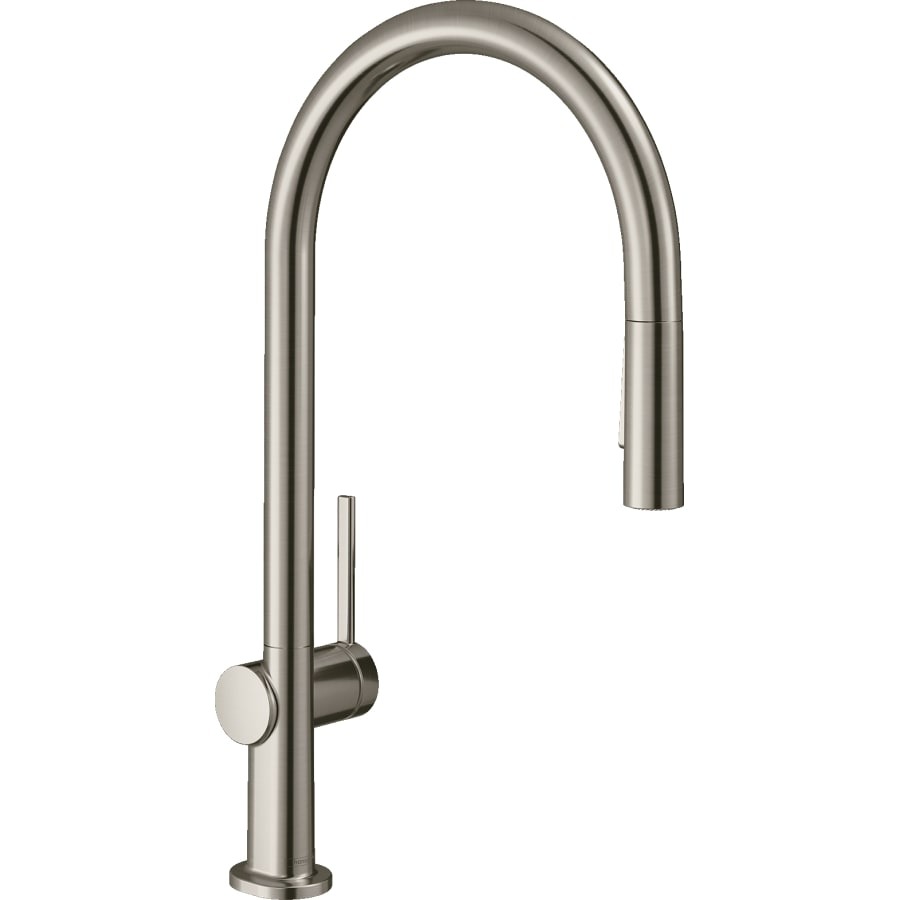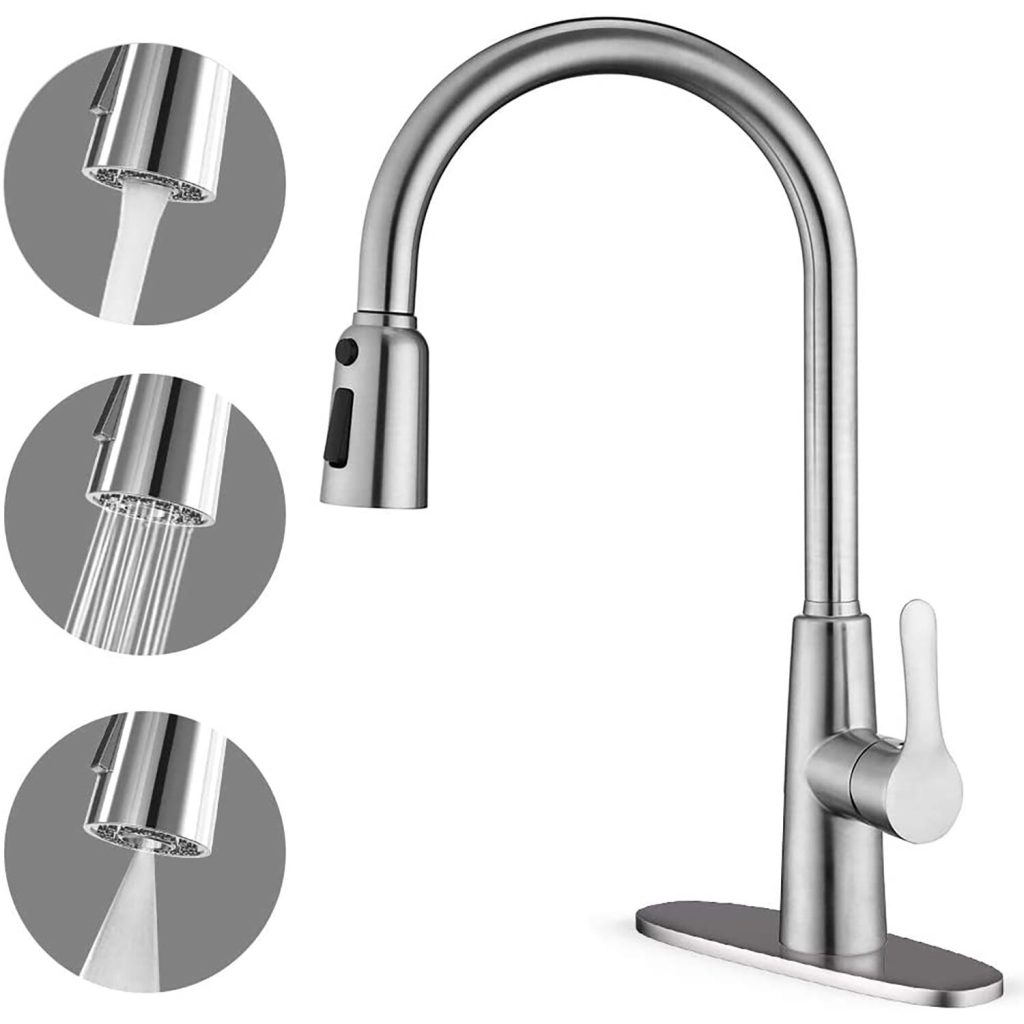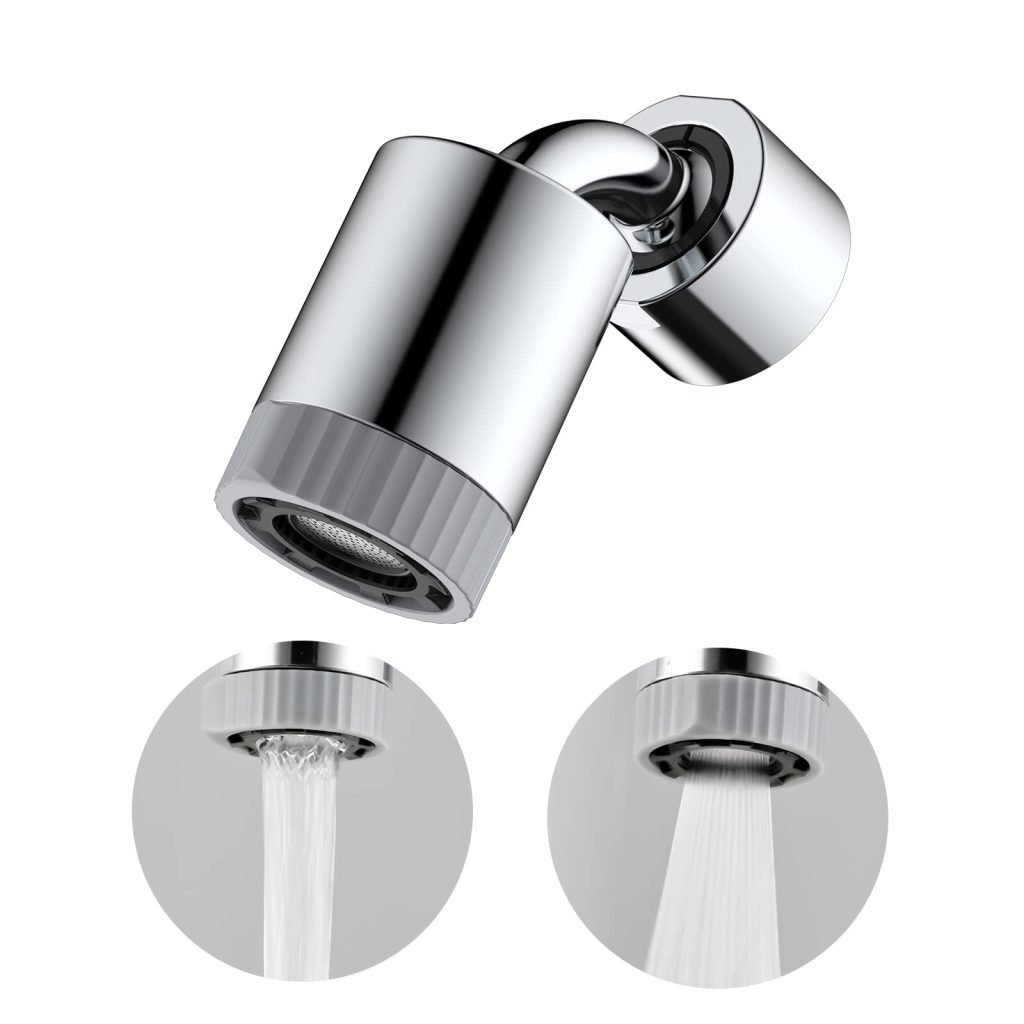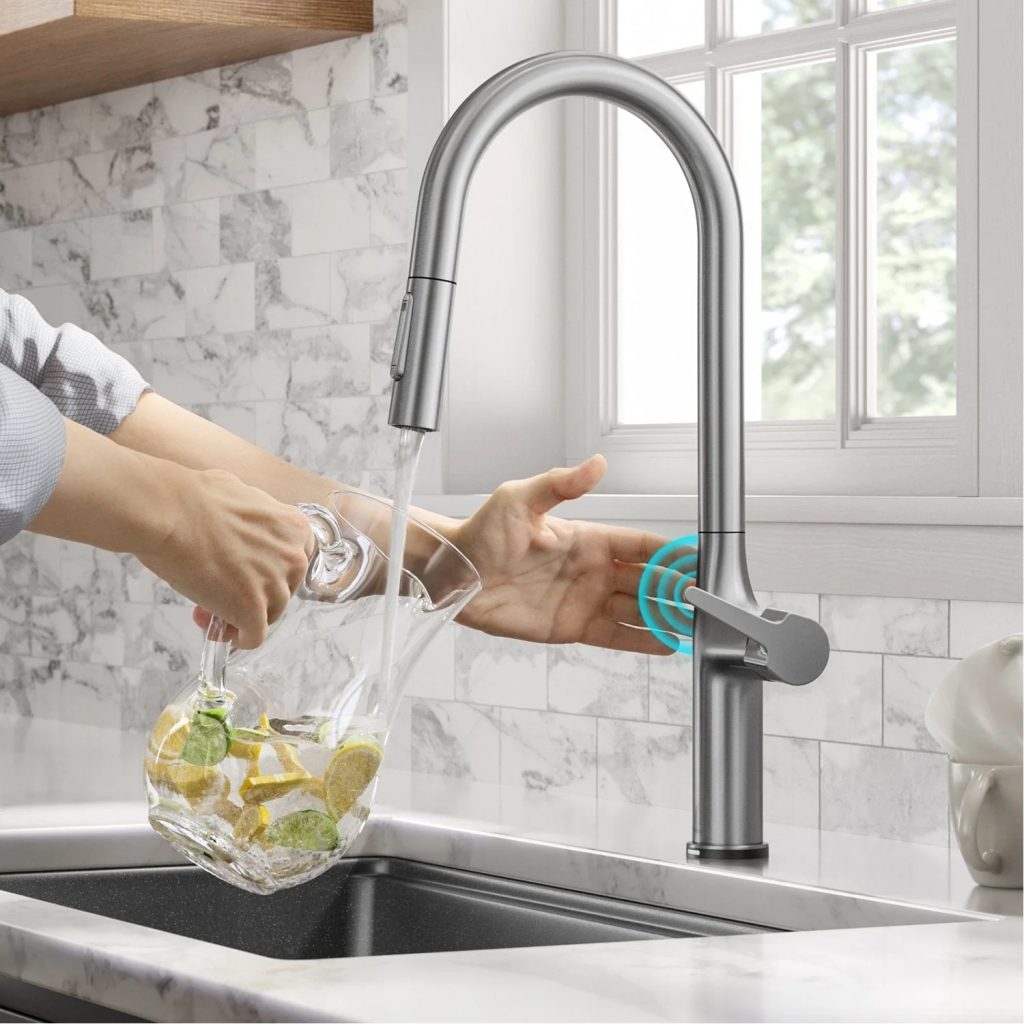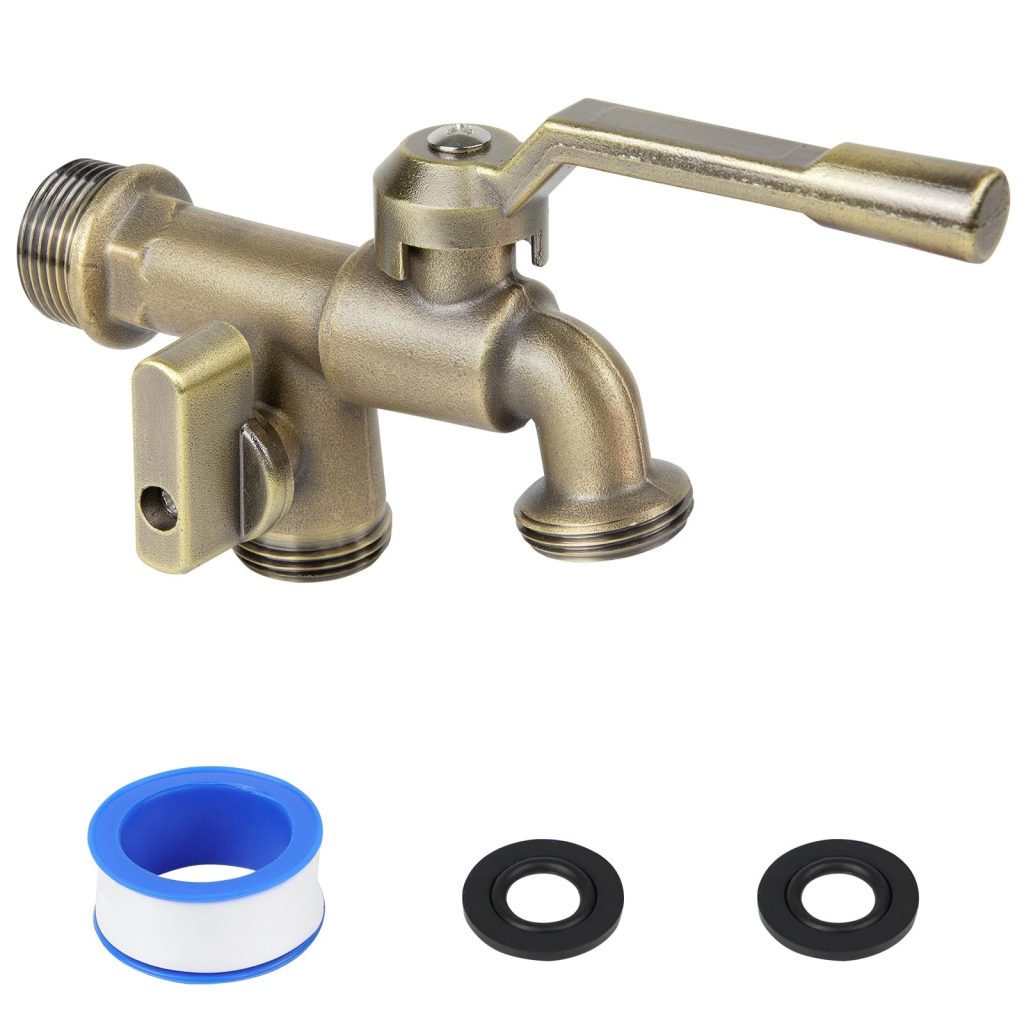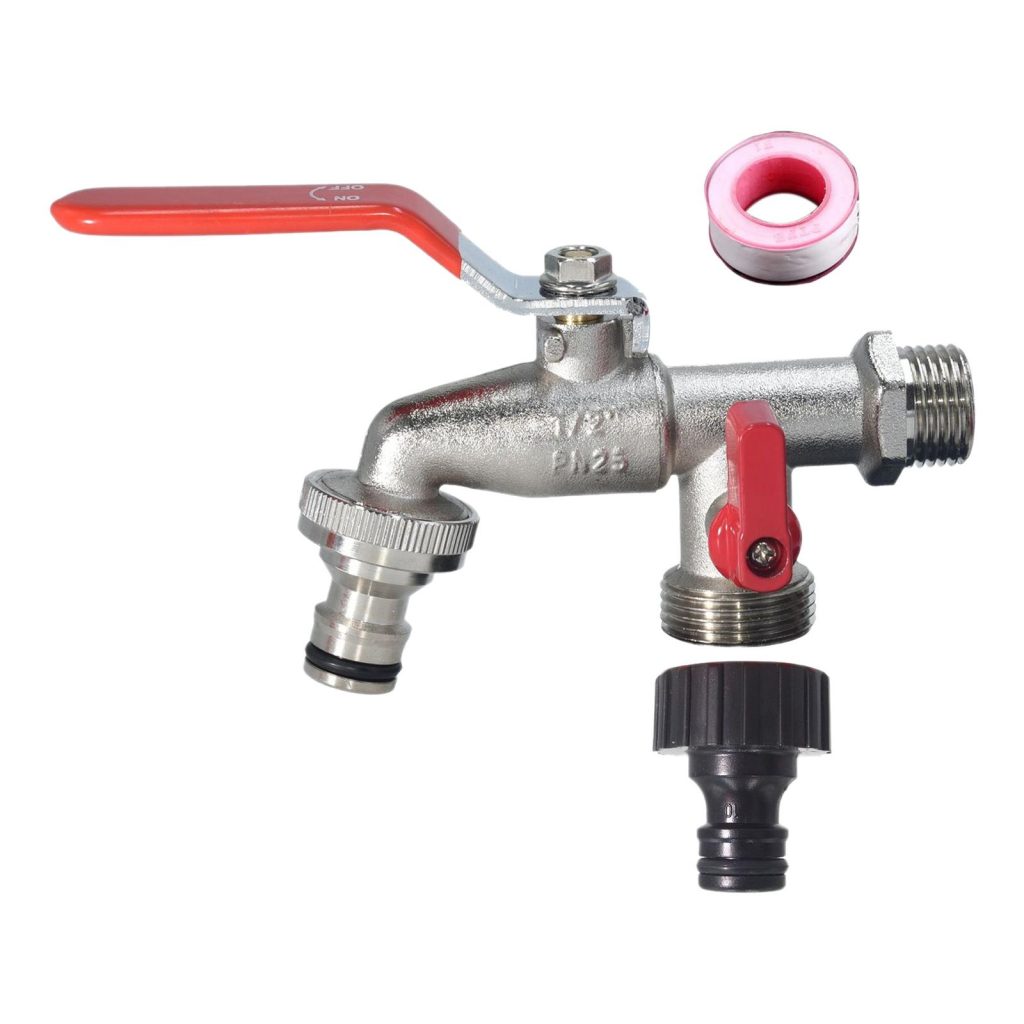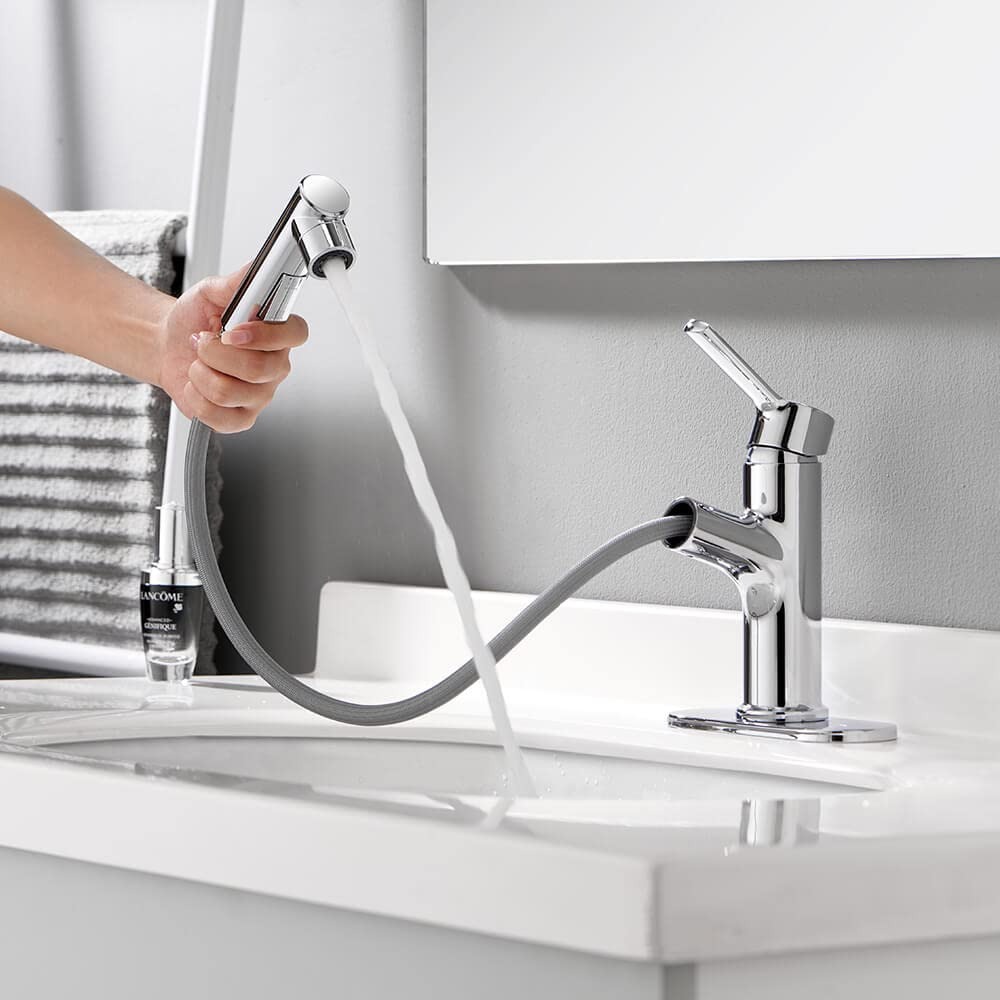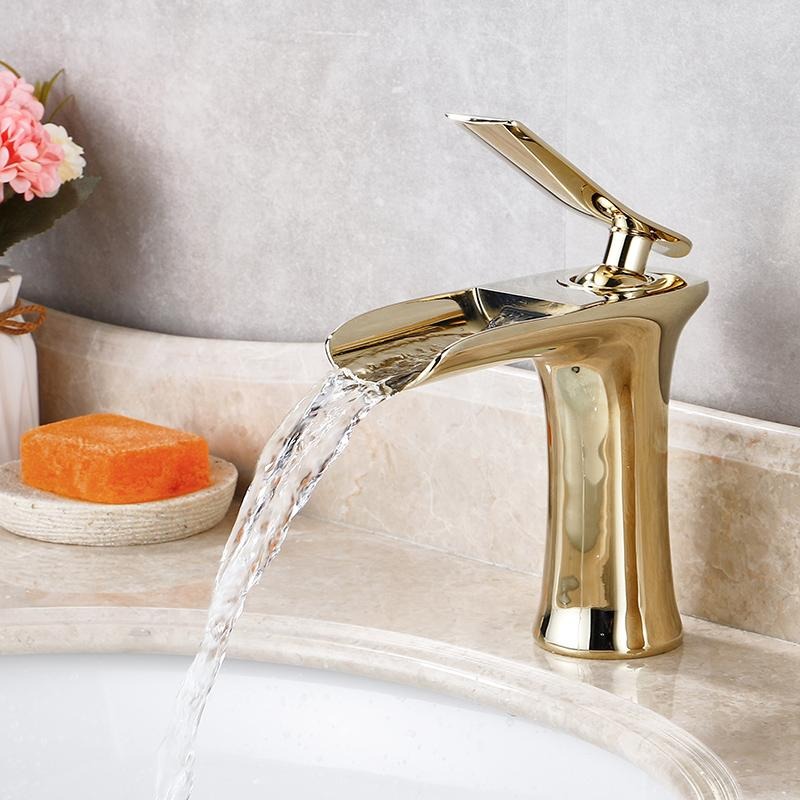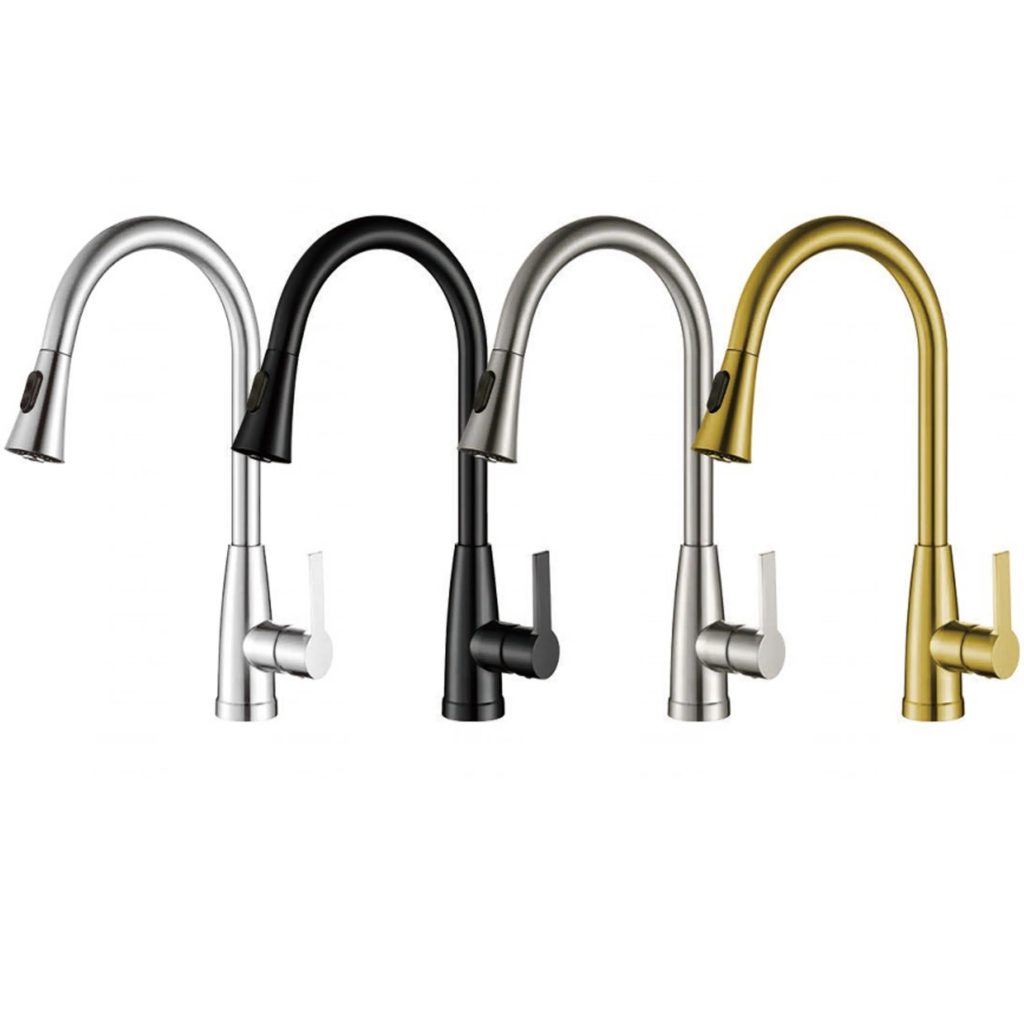Understanding the Risks of Frozen Faucets
Freezing temperatures pose a real threat to wrap faucets freezing and plumbing. If the water in your pipes freezes, it can block the flow. This puts pressure on the whole system. Cracked pipes are not just a nuisance. They can lead to costly home repairs. Also, a frozen outdoor faucet can damage interior walls. This can create a mess and encourage mold growth. In short, understanding these risks helps you take action to ‘wrap faucets freezing’. It can save you from a lot of trouble. Now, let’s explore how you can keep your faucets safe during the cold season.
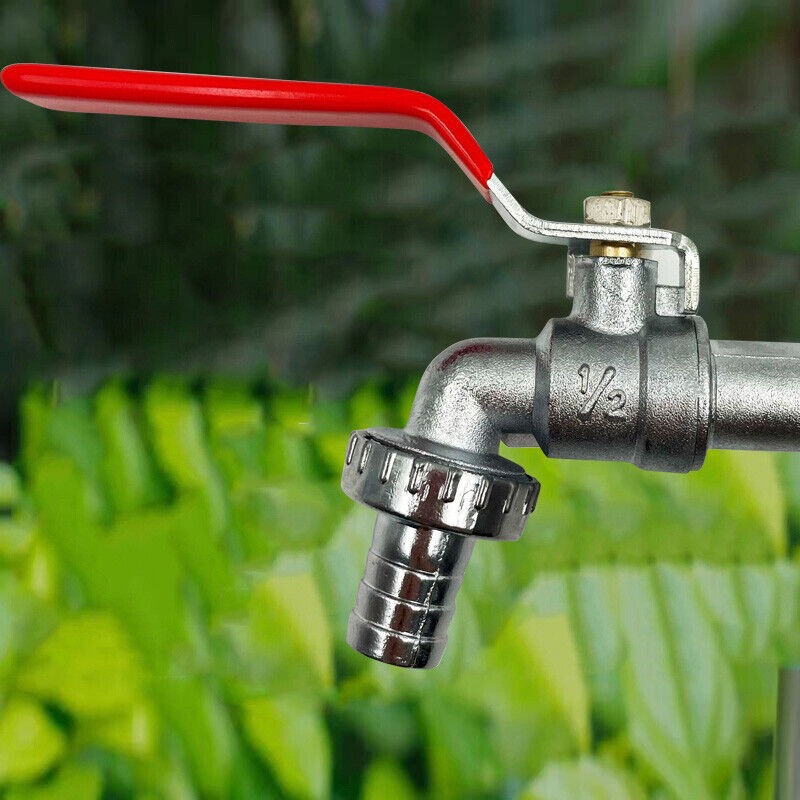
Insulating Your Pipes: The First Line of Defense
Insulating your pipes is key to preventing ‘wrap faucets freezing‘. It’s like wrapping your pipes in a warm blanket. This stops them from losing heat to cold air. Insulation comes in many forms. There are foam sleeves, insulation tape, and even newspaper. Each can provide a solid barrier against the freeze.
Foam pipe covers are a popular choice. They are easy to cut and fit snugly around pipes. You just slip them on and your pipes gain instant protection. For joints and bends, use insulation tape to keep the cold out.
How to Properly Seal and Caulk Outdoor Faucets
Sealing outdoor faucets is crucial in the fight to ‘wrap faucets freezing’. Caulking is a simple yet effective method to prevent cold air from infiltrating around your faucets. Follow these steps to ensure a proper seal:
- Choose the Right Caulk: Opt for silicone-based caulk for outdoor use. It withstands weather changes and adheres well.
- Clean the Area: Remove old caulk and debris. A clean surface helps the new caulk stick better.
- Dry the Surface: Caulk adheres best to dry areas. Use a cloth to wipe the faucet area dry before you apply caulk.
- Cut the Caulk Tube: Snip the tube’s tip at a 45-degree angle. This helps you apply the caulk smoothly.
- Apply the Caulk: Hold the gun at an angle and push it along the target area. Ensure a continuous bead without gaps.
Remember, a well-sealed faucet keeps out the cold and helps in your ‘wrap faucets freezing’ efforts. By doing this, you keep the chill at bay and maintain the integrity of your outdoor faucets. Combine sealing with insulation for a fortress against the frost.
Faucet Covers: Types and Installation
Protecting your outdoor faucets from freezing is crucial. Faucet covers are an easy and effective tool. They provide another layer of insulation. Let’s look at the types of faucet covers available and how to install them.
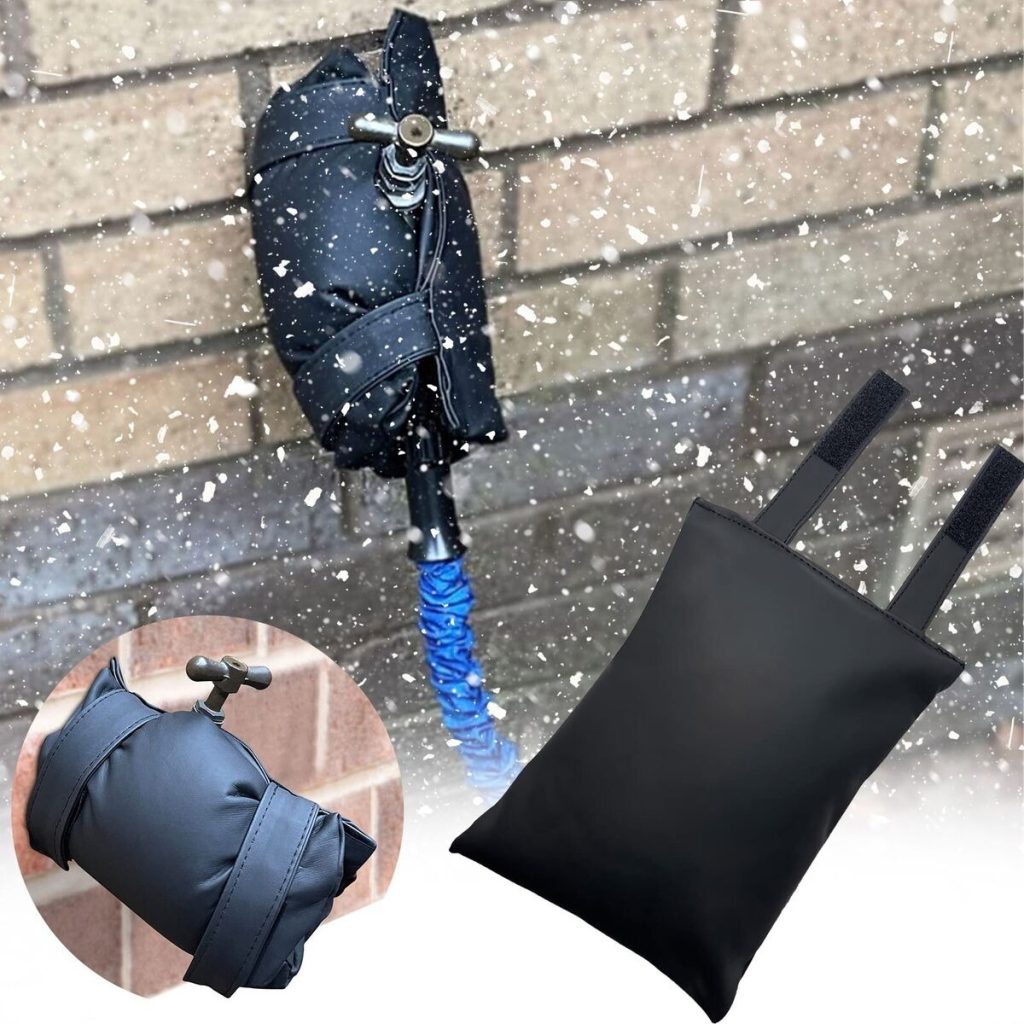
Types of Faucet Covers
Faucet covers come in various materials and designs. Here’s a rundown of the most common types:
- Foam Covers: These are widely used because they are affordable and simple to install. They fit snugly around your faucet, keeping the cold out.
- Hard Shell Covers: These offer more durability against harsh weather. They typically strap onto the faucet, offering a sturdy shield against the freeze.
- Insulated Fabric Covers: These can be slipped over the faucet. They often have an inner insulation layer and are secured with a drawstring or Velcro.
Each type of cover has its unique benefits. Foam covers provide basic protection. Hard shell covers resist impacts. Insulated fabric covers offer flexibility and a snug fit.
Installation Steps
Installing a faucet cover is a straightforward process:
- Choose the Right Size: Make sure the cover fits your faucet. A tight fit is key to effectiveness.
- Clean the Faucet: Remove dirt and debris. This helps the cover fit better and insulate more effectively.
- Position the Cover: Place the cover over the faucet. For foam covers, this means fitting it snugly against the wall.
- Secure the Cover: For hard shell or fabric covers, secure them as per the instructions. This usually involves tightening a strap or securing a drawstring.
By correctly installing your faucet cover, you can help ‘wrap faucets freezing’. It’s a simple step that can save you from plumbing disasters. Pair faucet covers with pipe insulation for the best protection. Stay vigilant and keep your faucets safe from the winter’s harsh grip.
Drip Trickle Method: Preventing Ice Blockages
One simple yet effective method to prevent ‘wrap faucets freezing’ is the drip trickle technique. Here’s how you can use it to your advantage:
- Keep Water Moving: Allowing a small trickle of water to flow through faucets reduces the risk of ice blockages forming.
- Monitor Faucet Flow: Adjust the faucet to a slow drip. This keeps water moving without wasting too much.
- Use Both Hot and Cold: If possible, allow both hot and cold water to drip. This gives added protection against freezing.
- Check All Faucets: Apply the drip trickle method to all vulnerable faucets, especially those on exterior walls.
- Keep Cabinet Doors Open: For indoor faucets, keeping cabinet doors open can help. This allows warm air to circulate around the plumbing.
Implementing the drip trickle method works well as part of a broader strategy to ‘wrap faucets freezing’. Combine it with insulation, sealing, and using faucet covers to provide the best defense against the cold. Preventative measures can save you from costly repairs and the headache of fixing frozen pipes. Stay proactive, and keep your faucets flowing freely all winter.
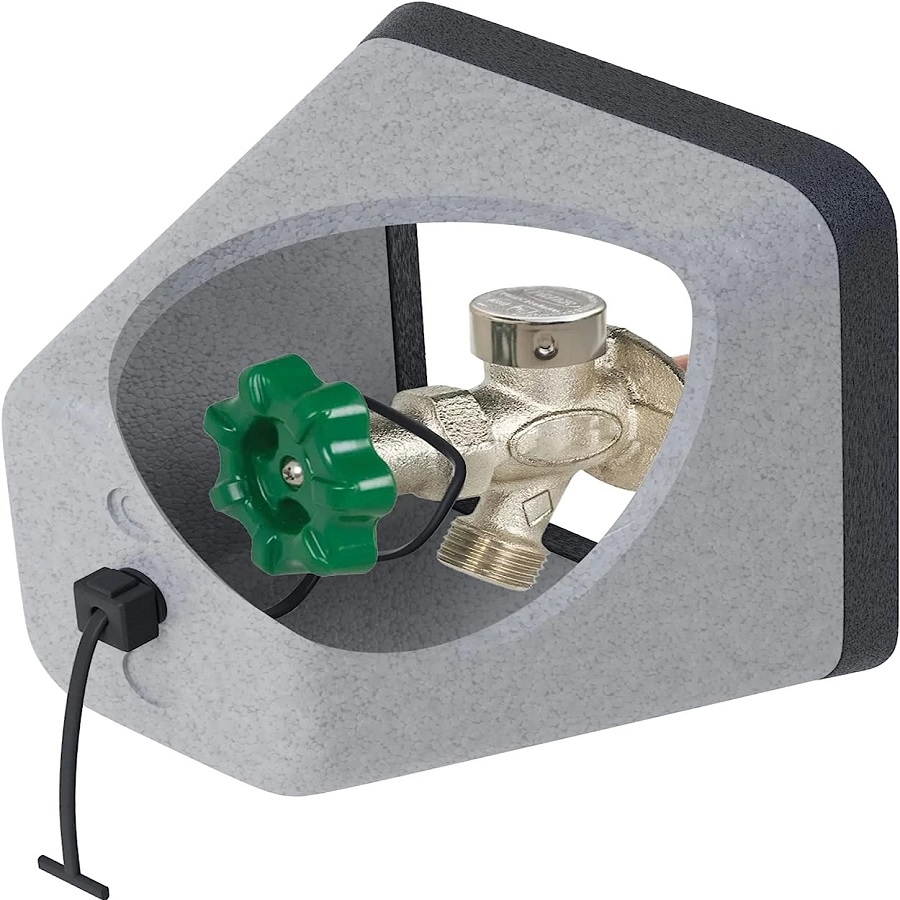
Indoor Faucet Protection: What You Should Do
Keeping indoor faucets from freezing is crucial. Here are simple steps to protect them:
- Insulate Pipes: Start with wrapping pipes, especially in colder areas like basements or attics.
- Let Cabinets Open: Open cabinet doors under sinks. Warm household air can circulate and prevent freezing.
- Seal Drafts: Check for drafts around windows, doors, and walls near indoor faucets. Use weatherstripping or draft stoppers.
- Apply Heat Tape: Use electric heat tape on pipes prone to freezing. Follow product instructions to avoid fire risks.
- Maintain Heat: Keep your home warm, even when you’re away. Setting the thermostat to at least 55 degrees Fahrenheit prevents freezing.
Following these steps will help you ‘wrap faucets freezing’ indoors. Remember, a burst pipe inside can cause significant damage. Act early and reduce the risks during winter spells. Combine these tips with outdoor strategies for complete home protection.
Emergency Steps: Dealing with a Frozen Faucet
Finding a frozen faucet can be worrying. Quick action is vital. Here are steps to thaw it safely.
- Shut Off the Water: Find the main shut-off valve and turn it off. This stops more water from freezing.
- Apply Heat: Use a hair dryer or heat lamp. Move it around, don’t focus on one spot. Keep it at a safe distance to avoid damage.
- Wrap Pipes with Towels: Soak towels in hot water. Wrap them around the frozen faucet. They help thaw the ice.
- Open the Faucet: Turn on the faucet. As the ice melts, water will start to flow. This helps clear out the ice.
- Inspect for Leaks: Once thawed, check for leaks. Frozen pipes can crack. If you find leaks, call a plumber immediately.
These emergency actions can ‘wrap faucets freezing’ issues. Remember, quick steps can save a lot of trouble. Check all faucets during cold snaps. Be safe when applying heat. Call a professional if you’re unsure. Always be ready for freezing temps with insulation and faucet covers.
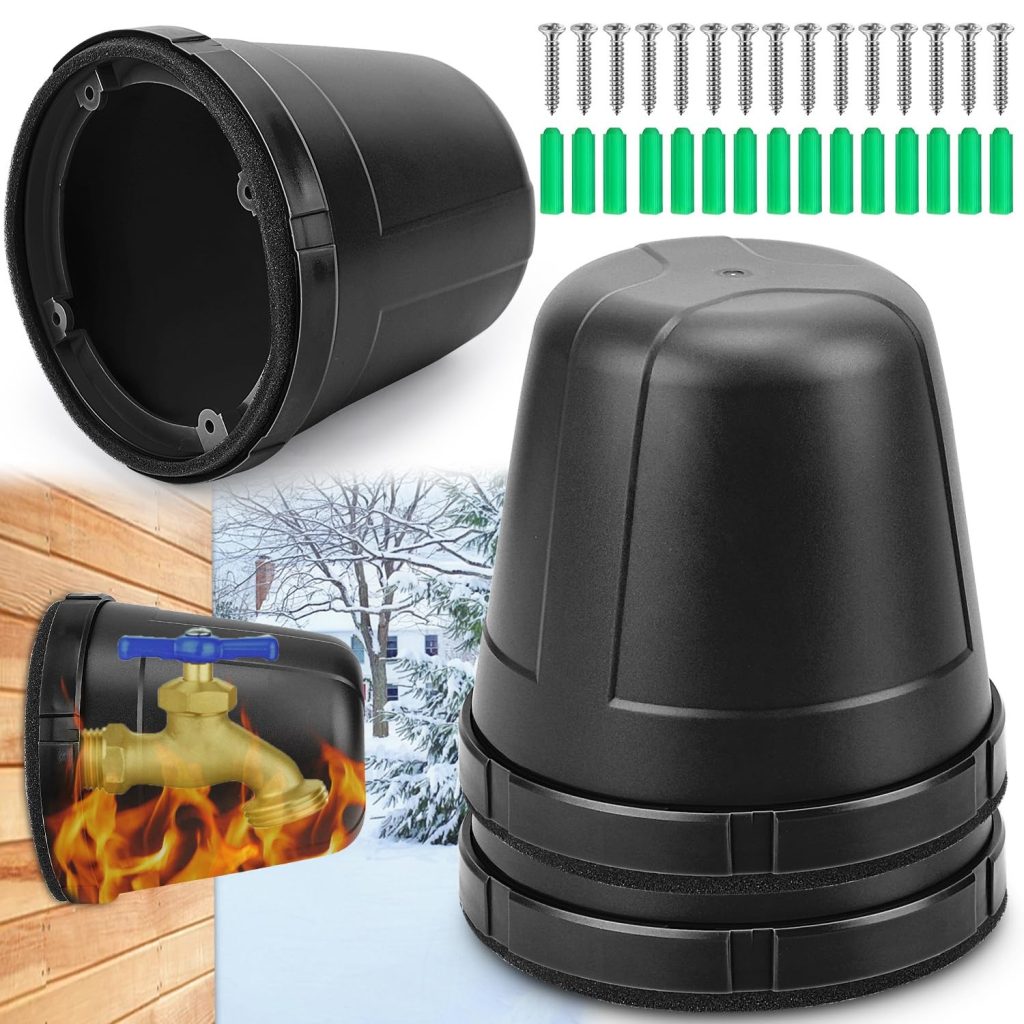
Preventive Measures: Prepare for Next Winter
Taking preventive steps is key to avoiding ‘wrap faucets freezing’ next winter. Here’s what you can do:
- Inspect Your Insulation: Review your insulation before the cold hits. Upgrade it if needed.
- Fix Leaks Early: Repair any leaks in your plumbing system. This can stop freeze damage later on.
- Improve Home Sealing: Seal gaps in windows, doors, and walls. This keeps warmth in and cold out.
- Install Storm Windows: Consider storm windows for added insulation from the frost.
- Use Weatherstripping: Place weatherstripping around doors and windows for a better seal.
By planning ahead, you can stop ‘wrap faucets freezing’ long before the cold arrives. Regular care and maintenance give the best protection. And you can face the winter worry-free.

